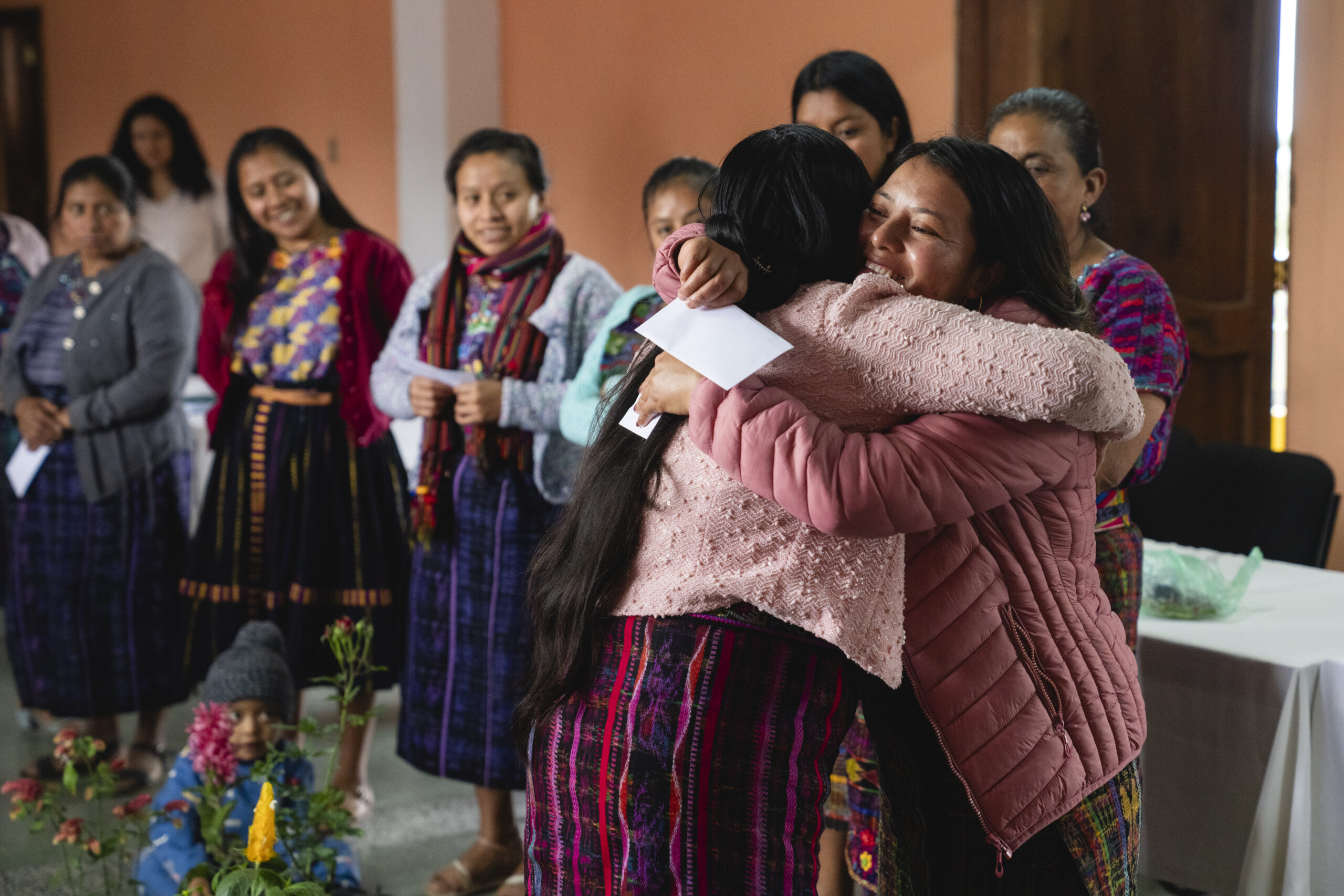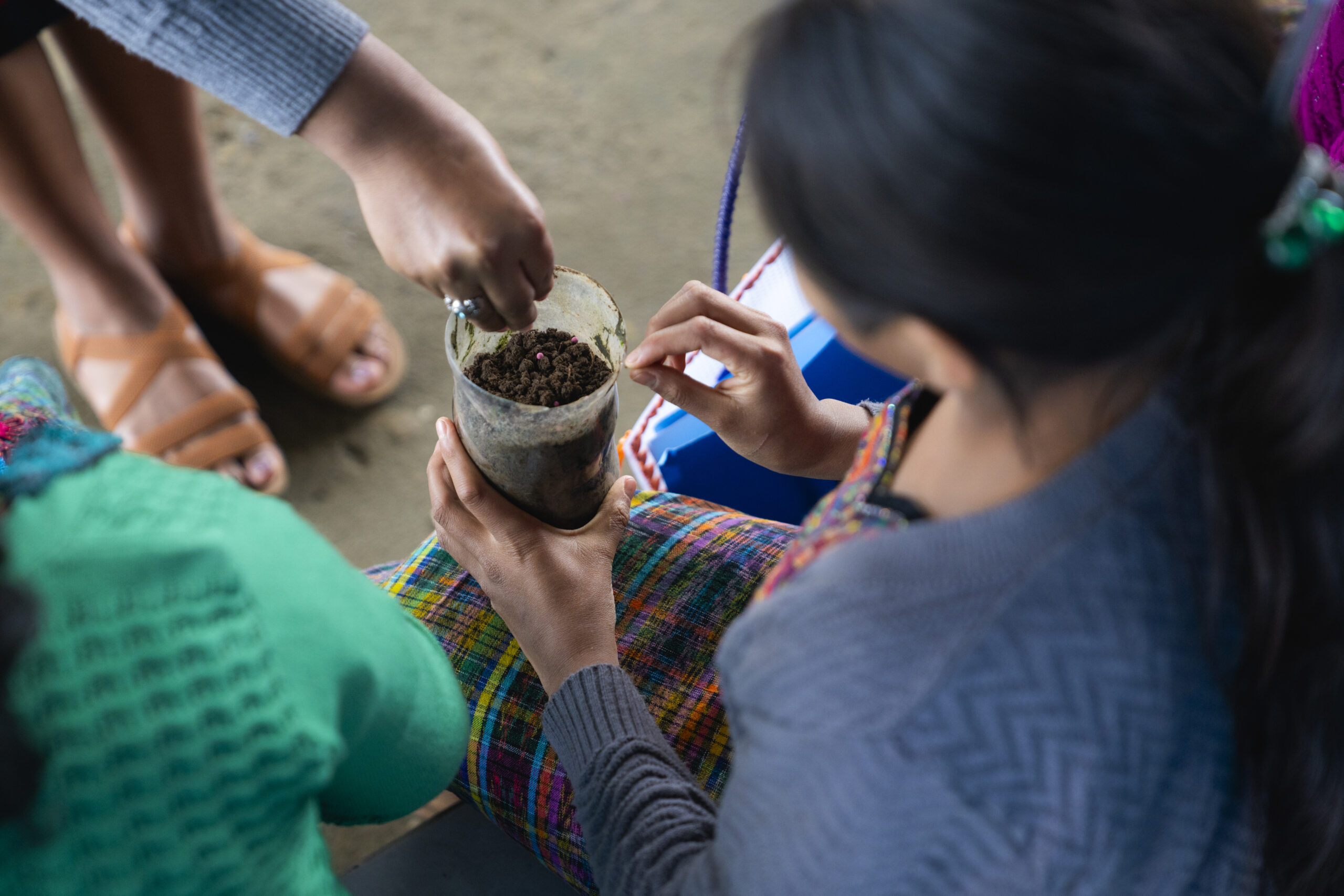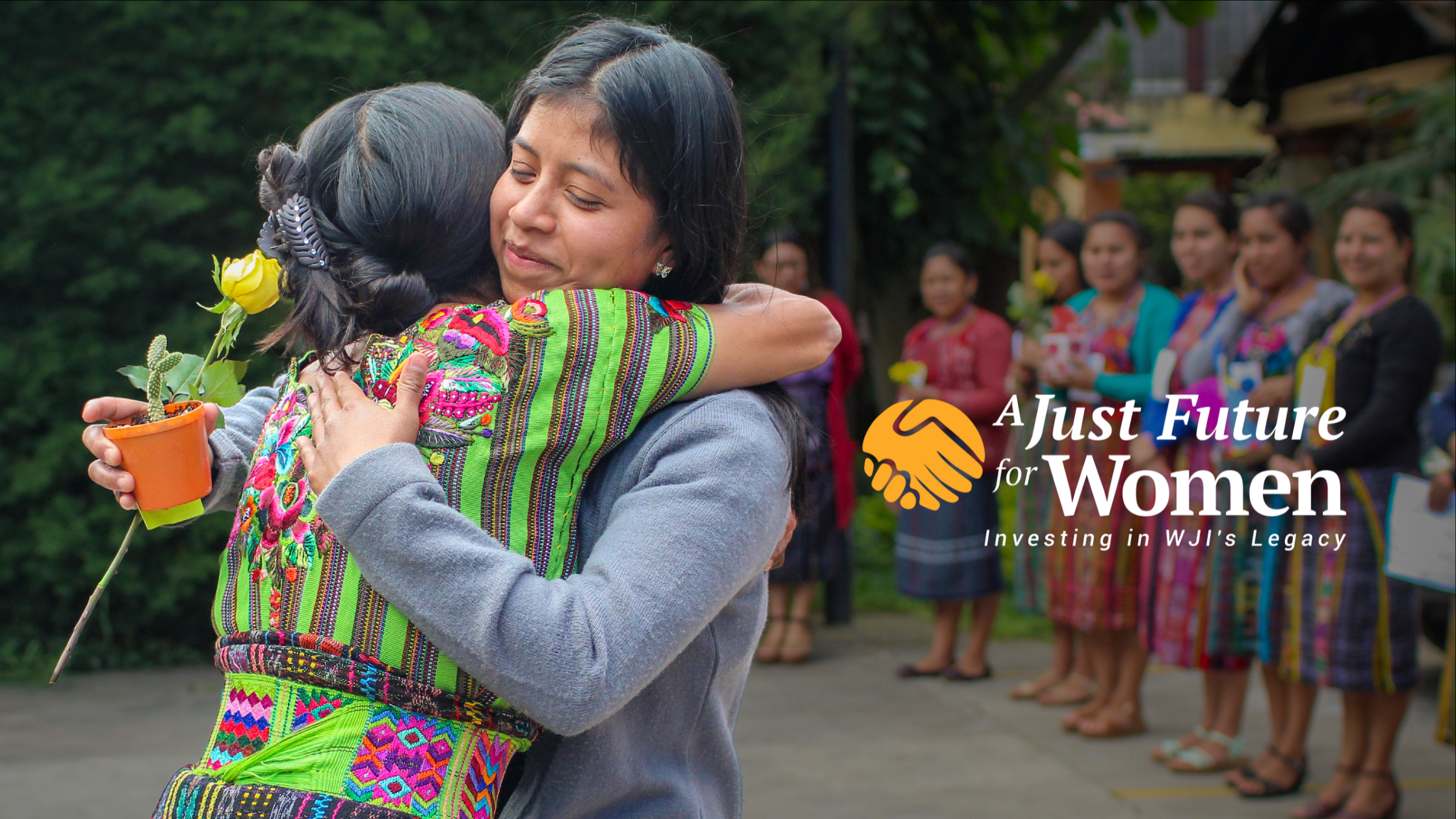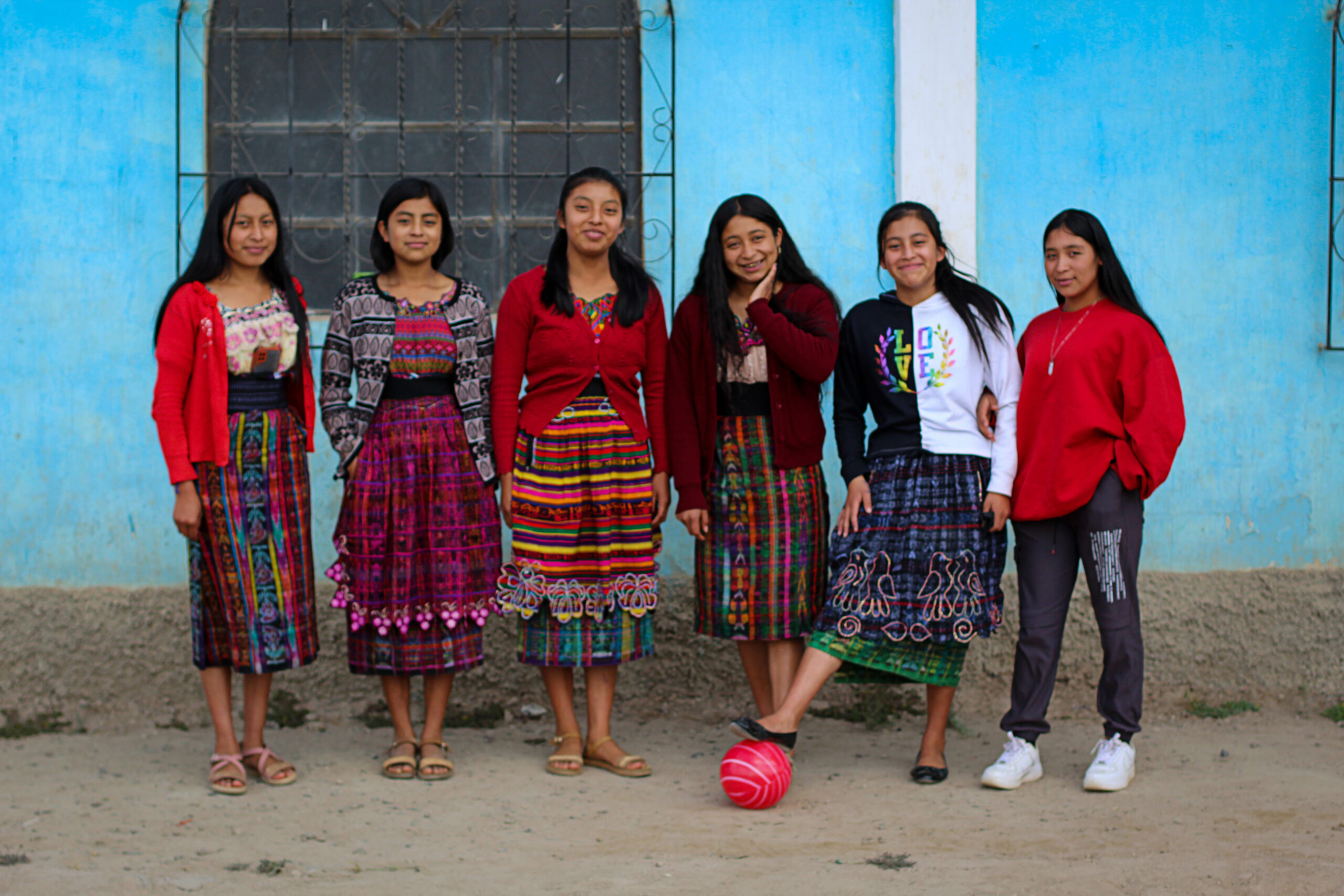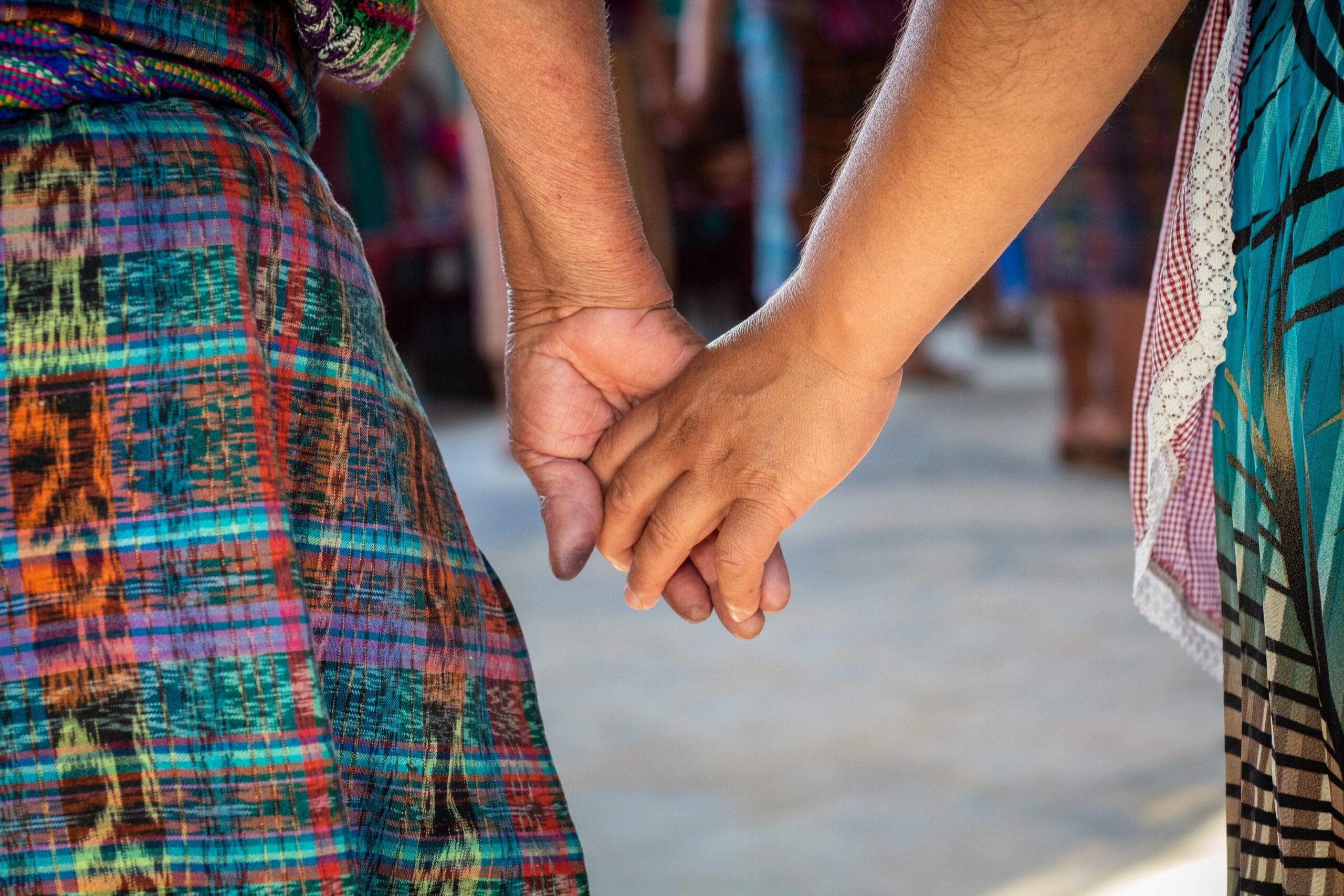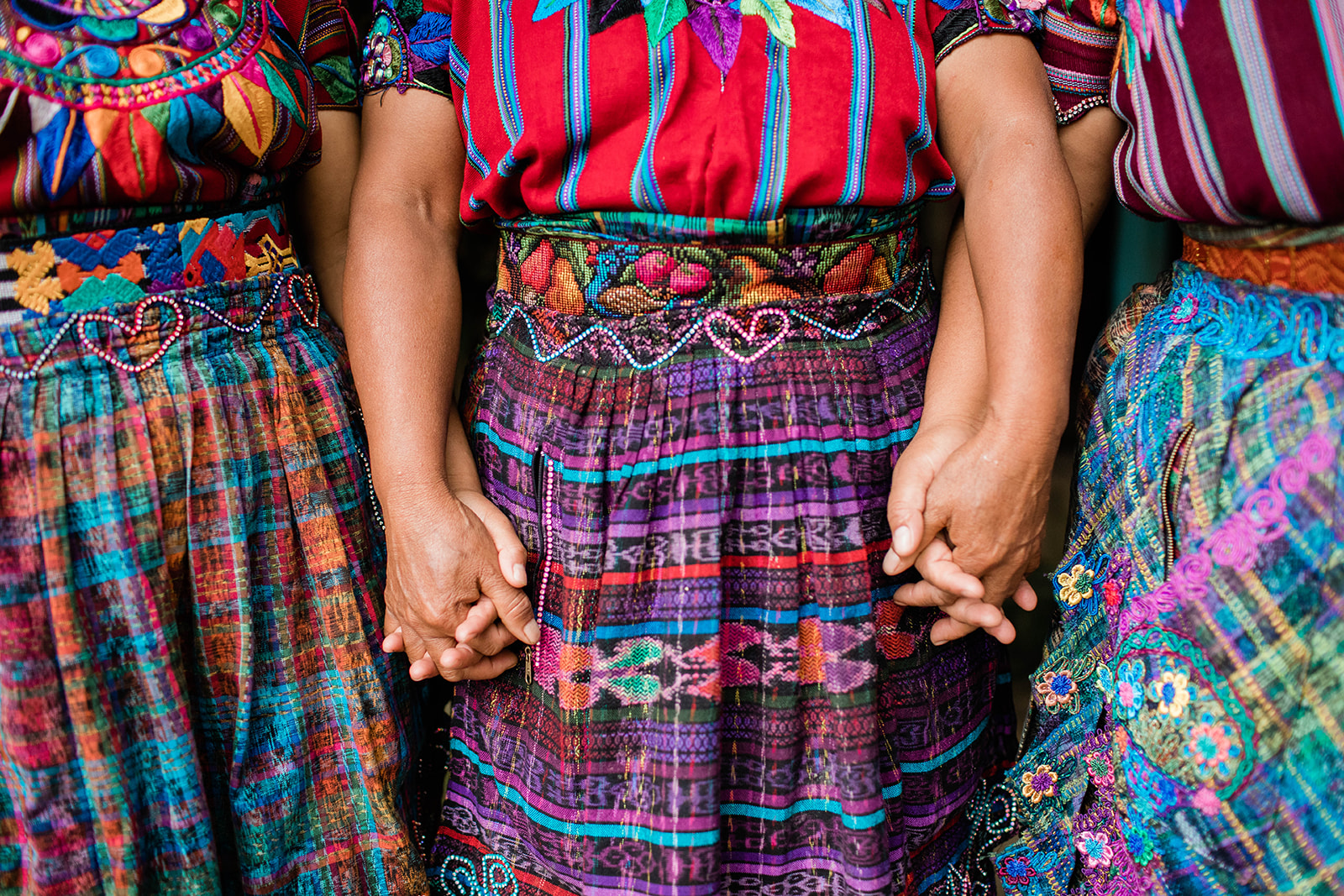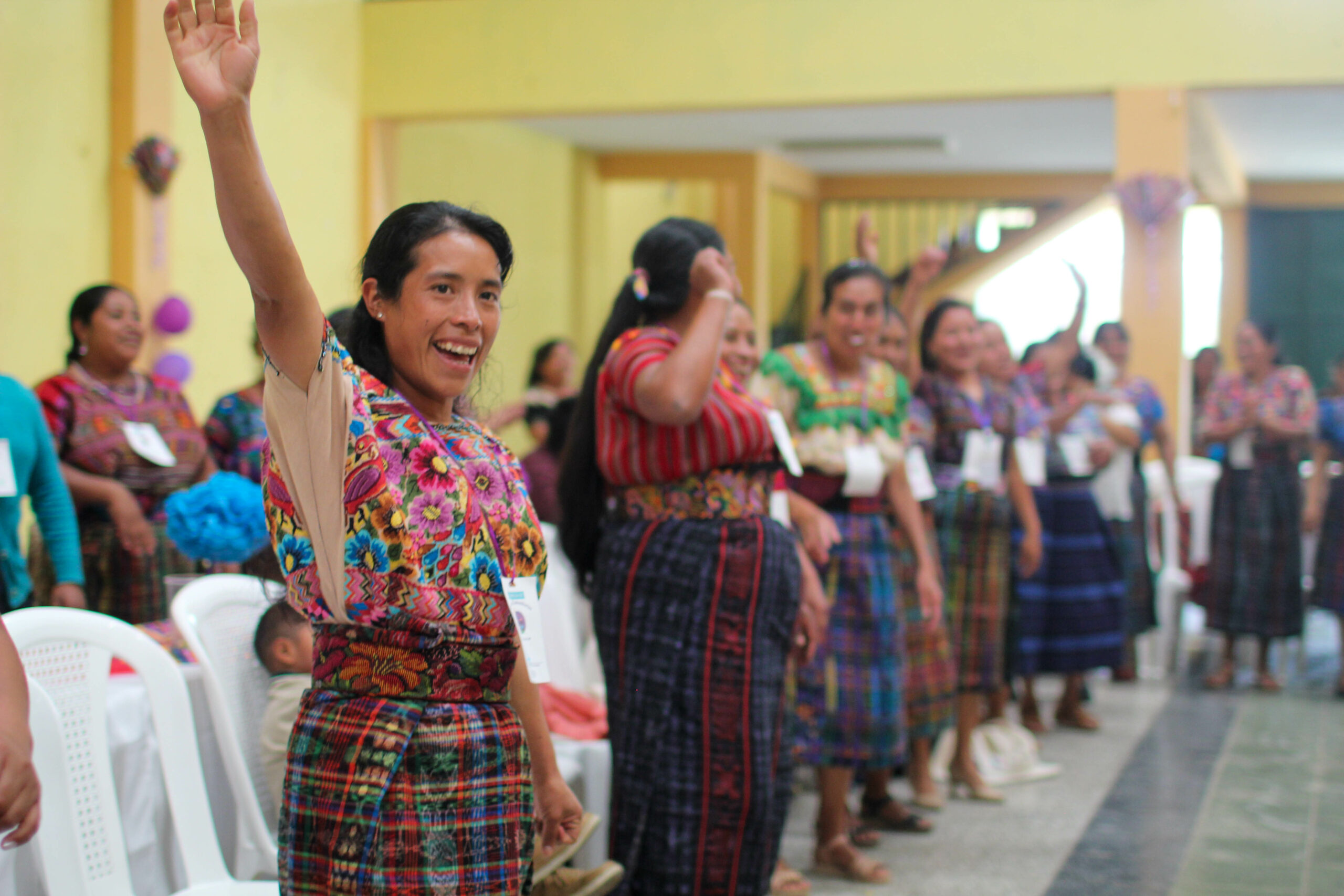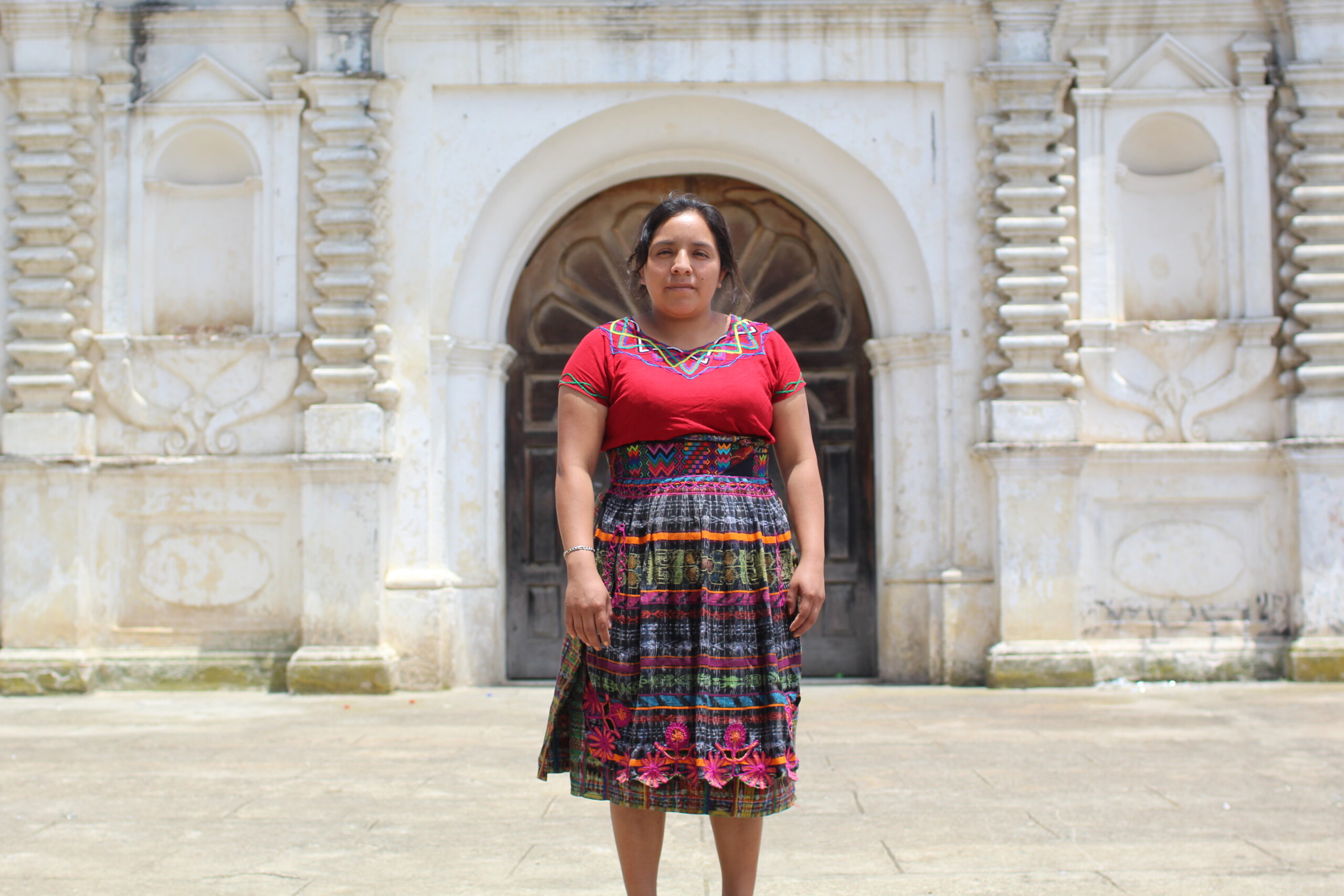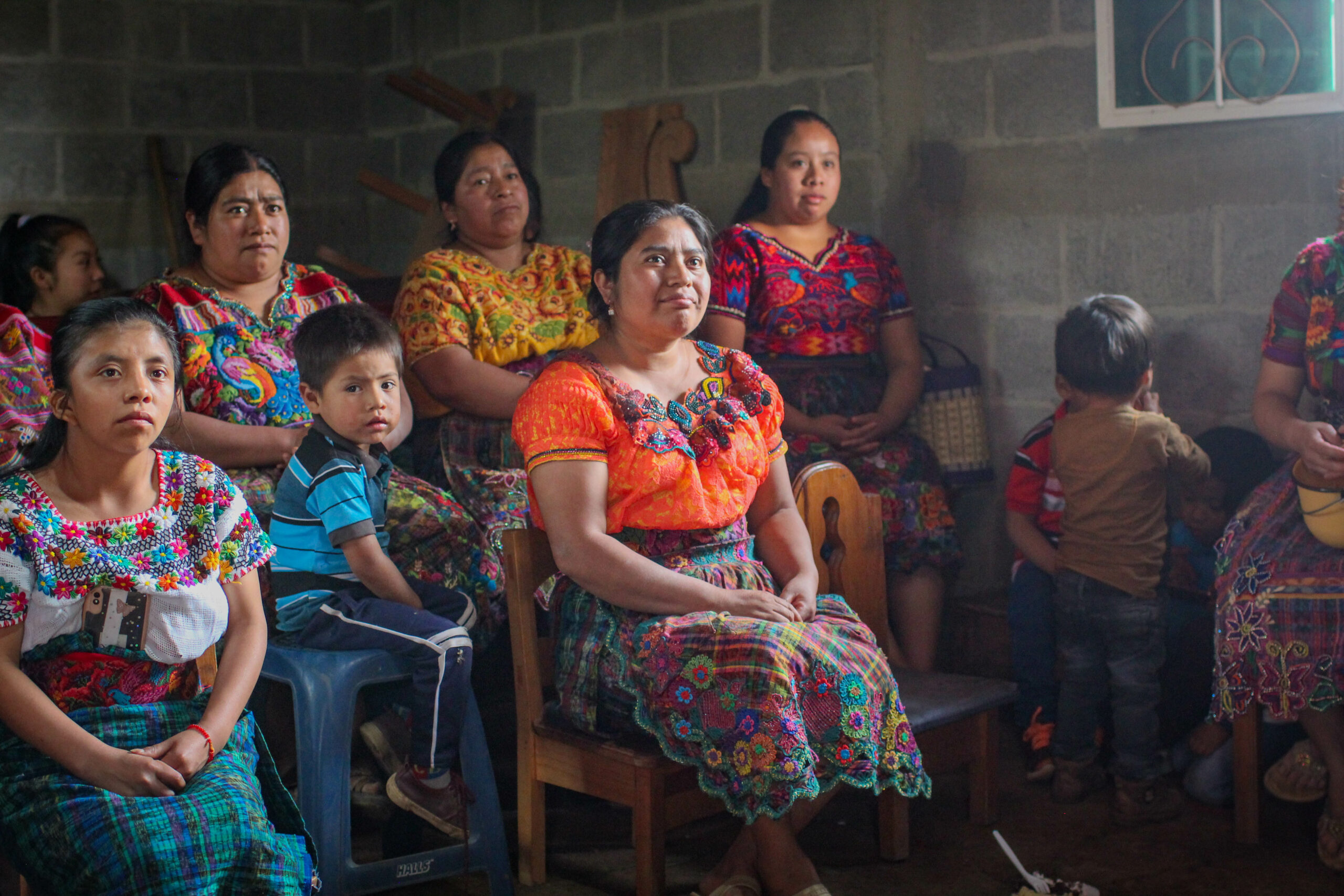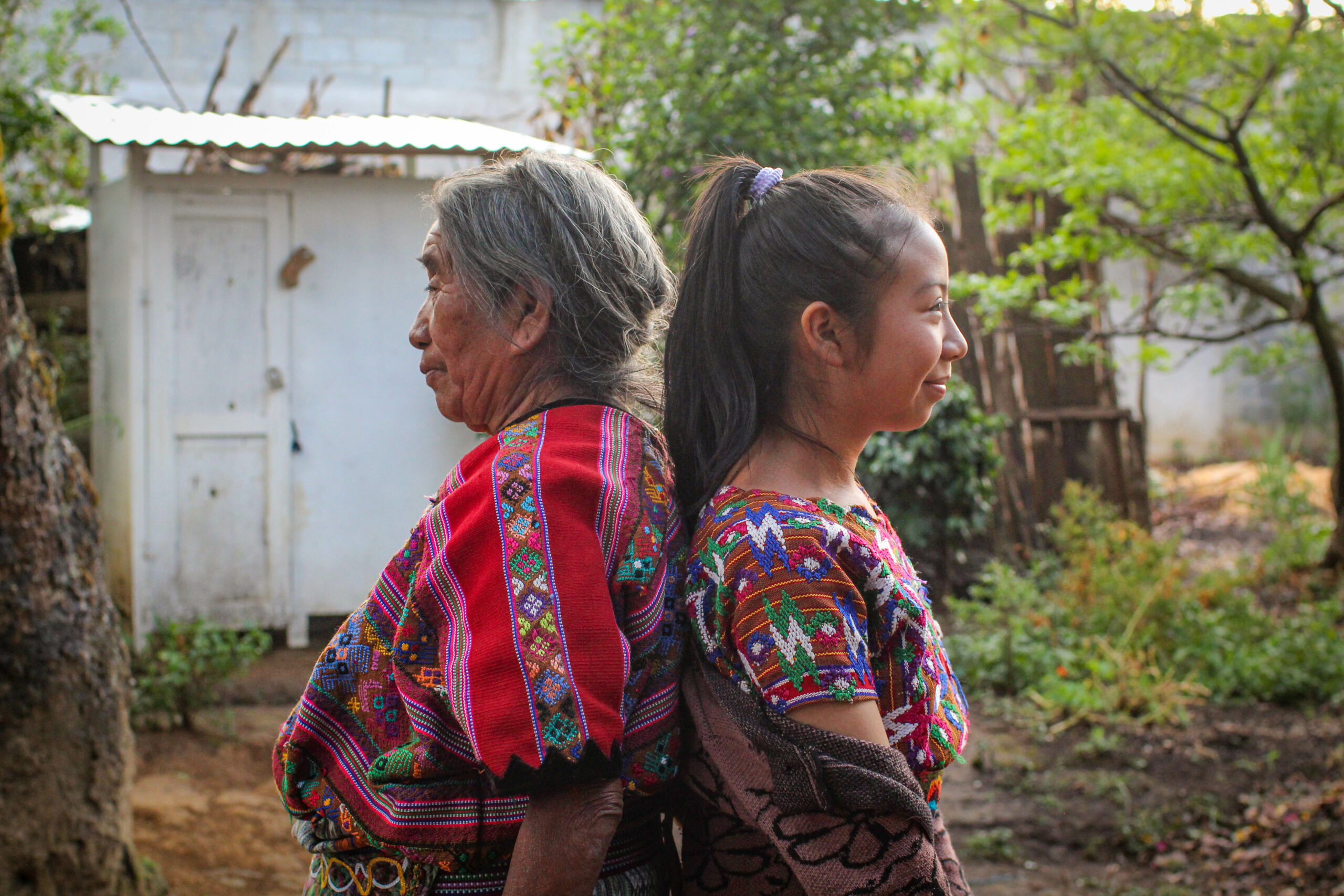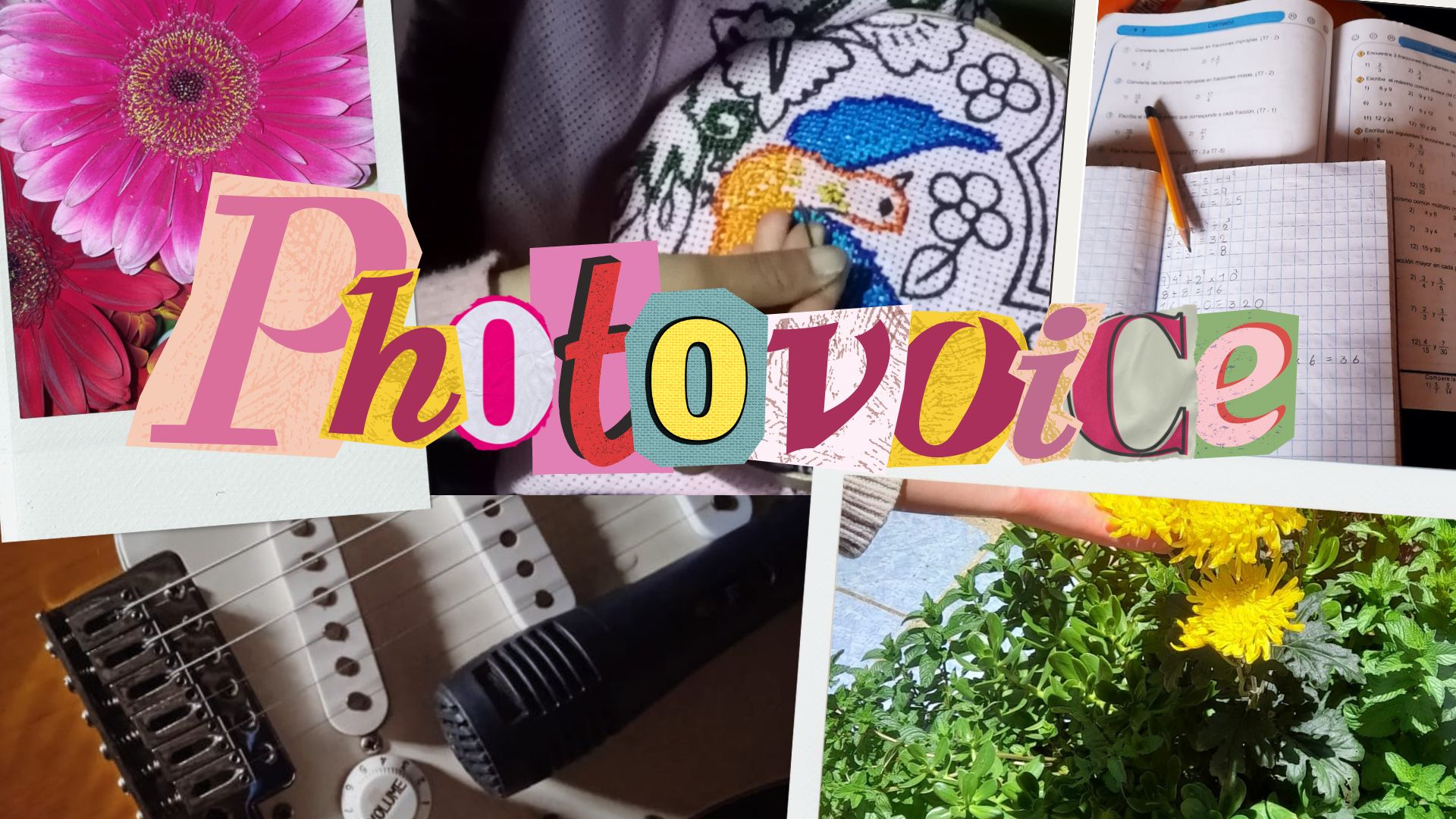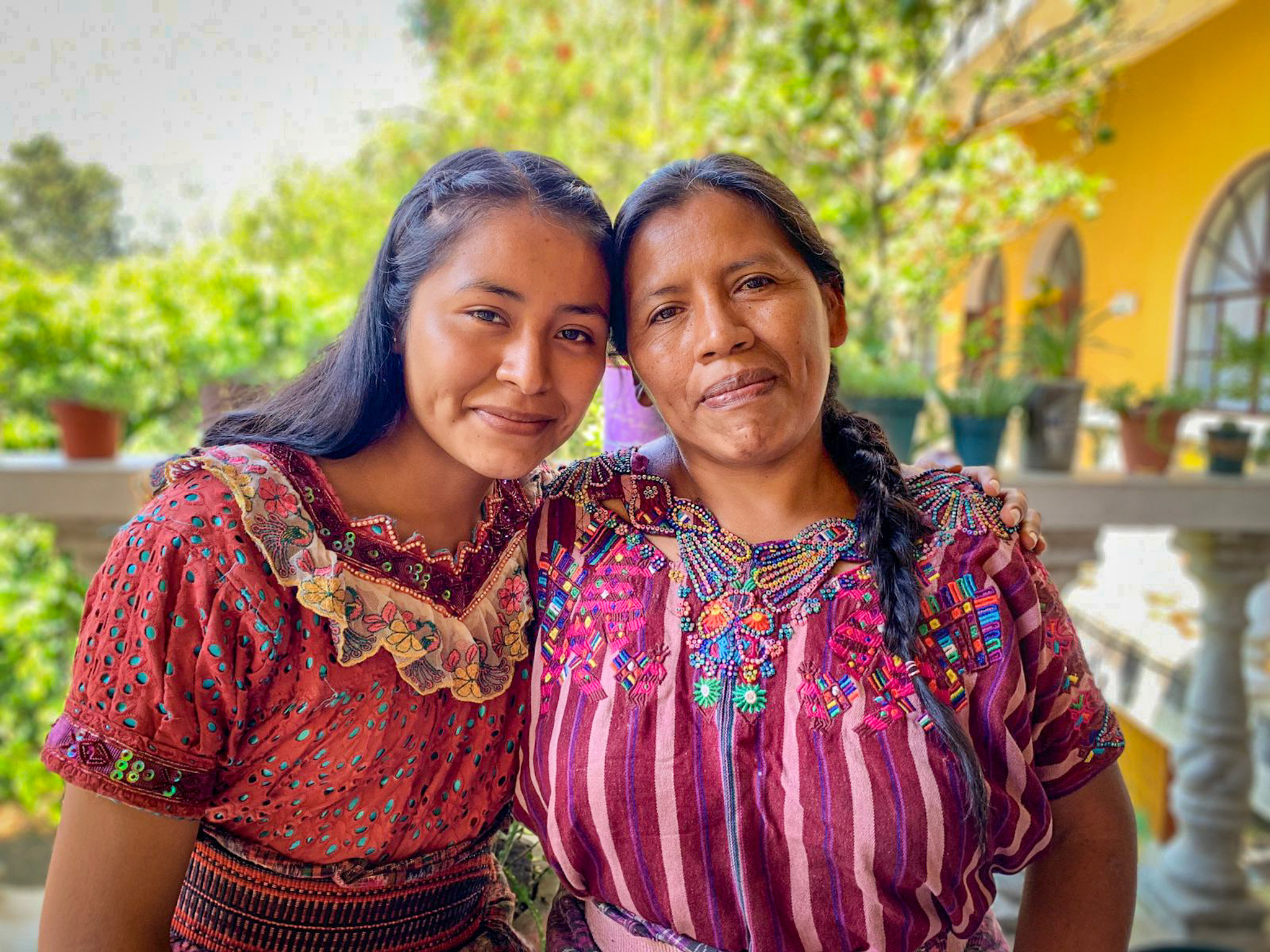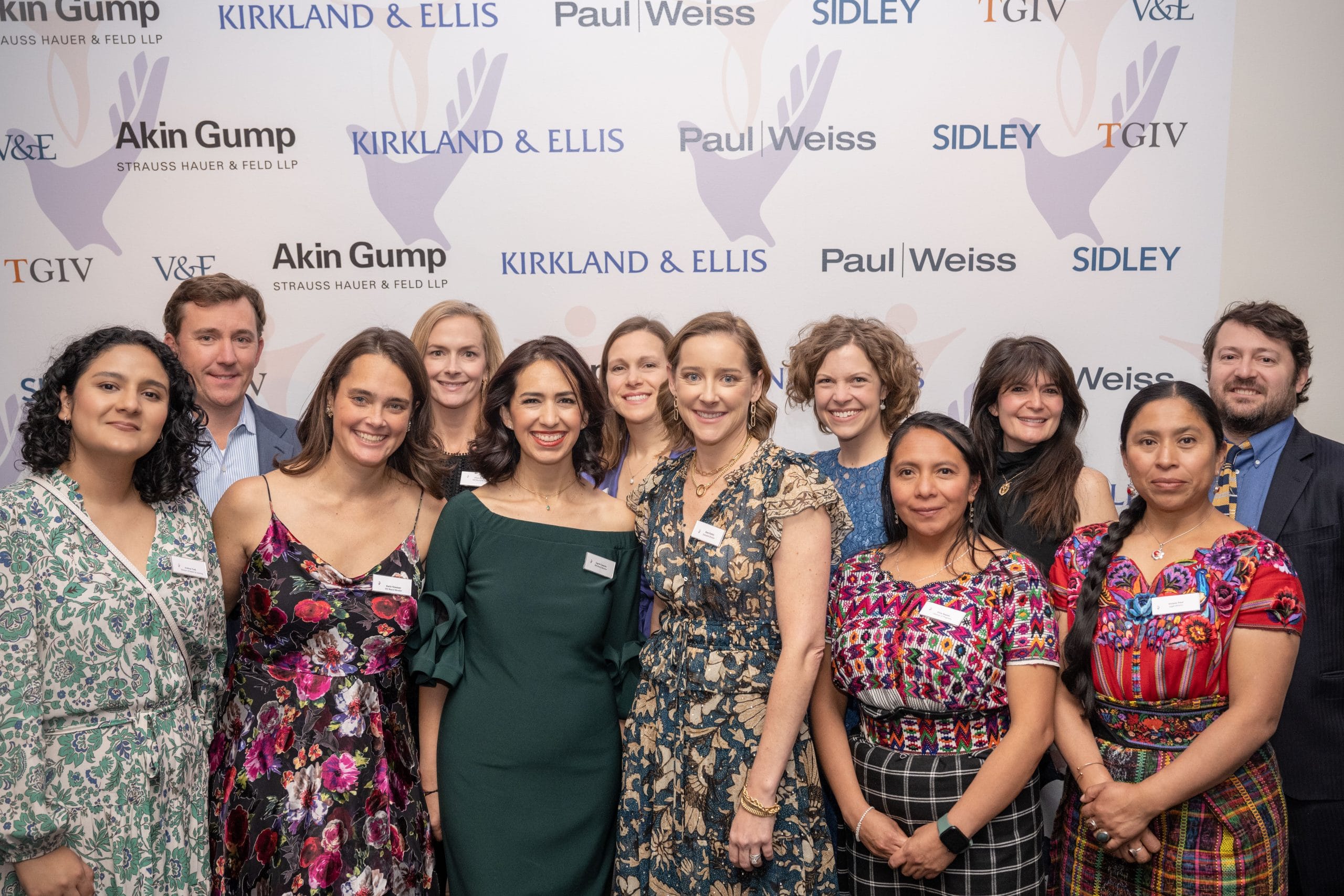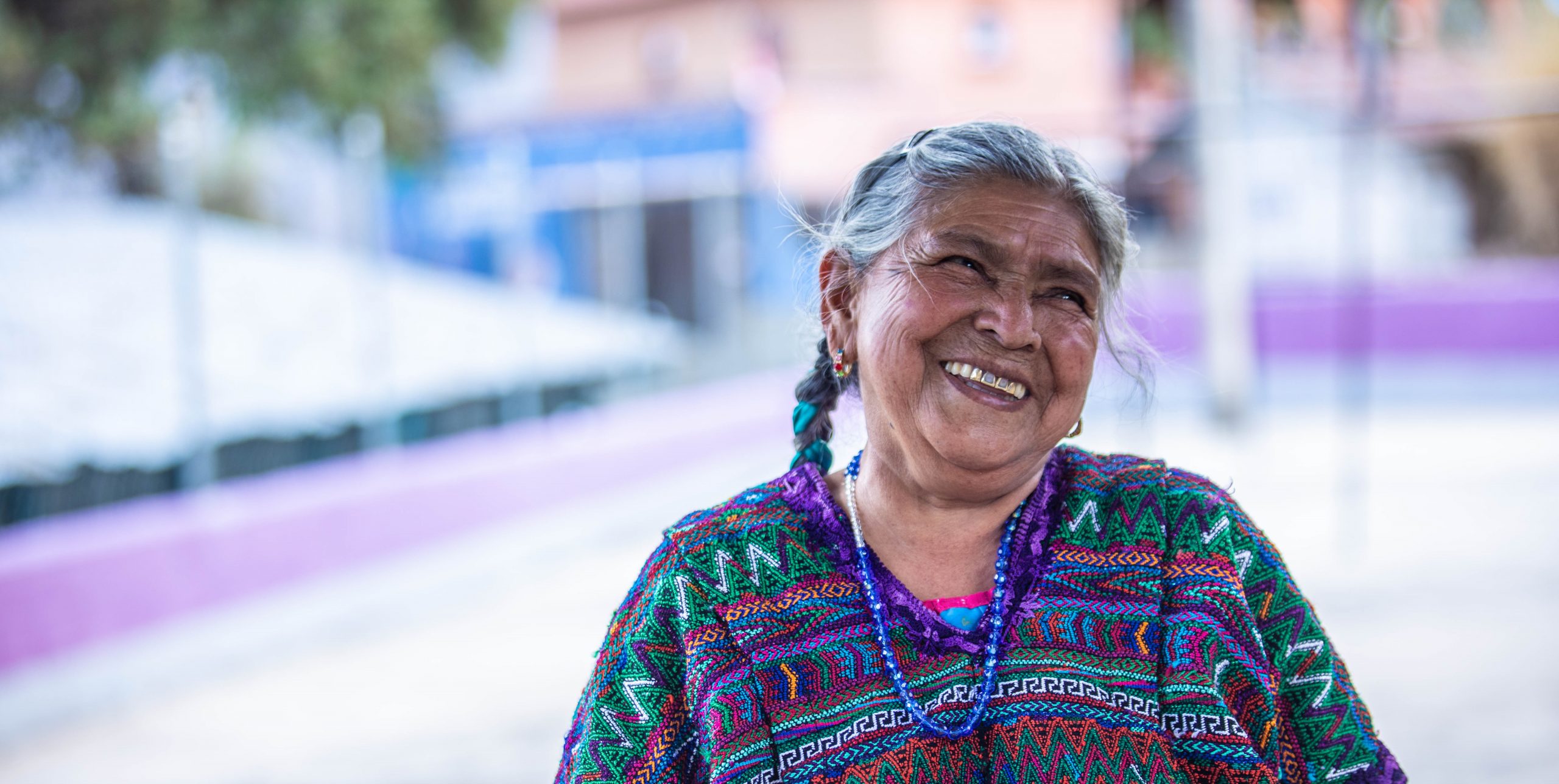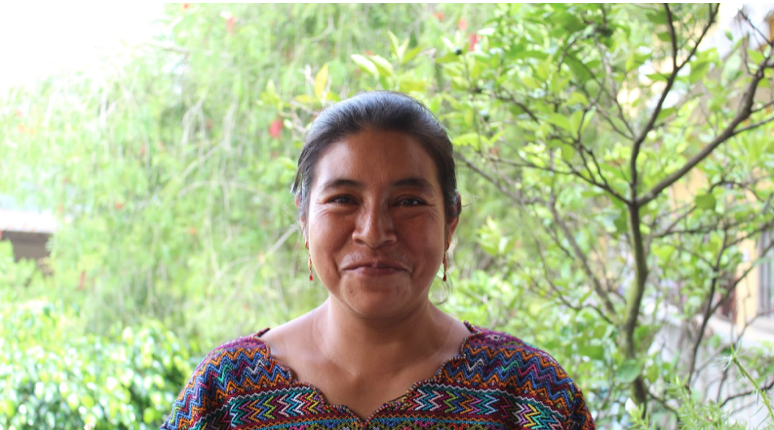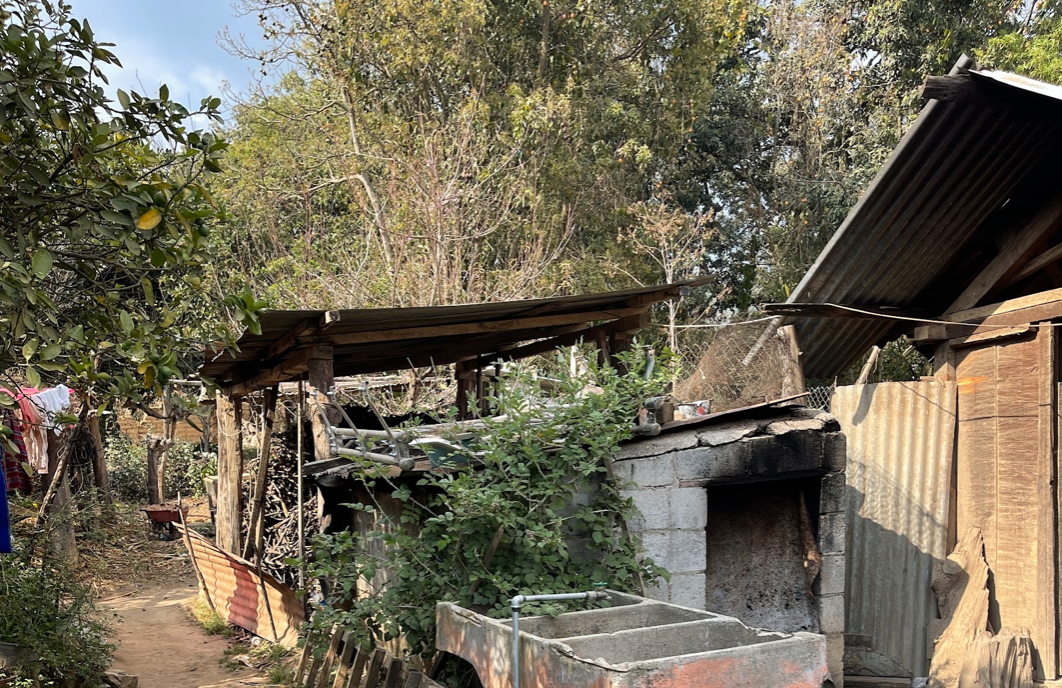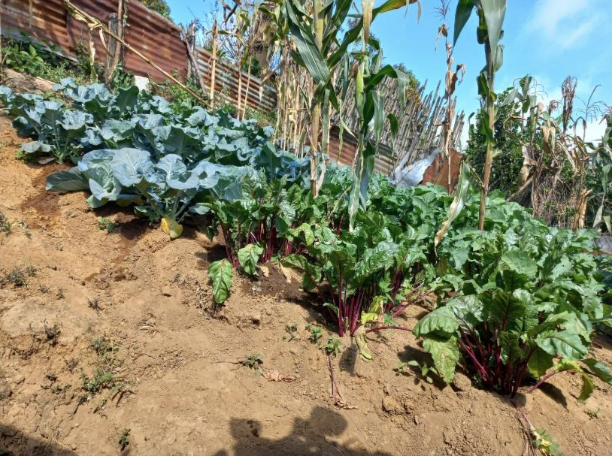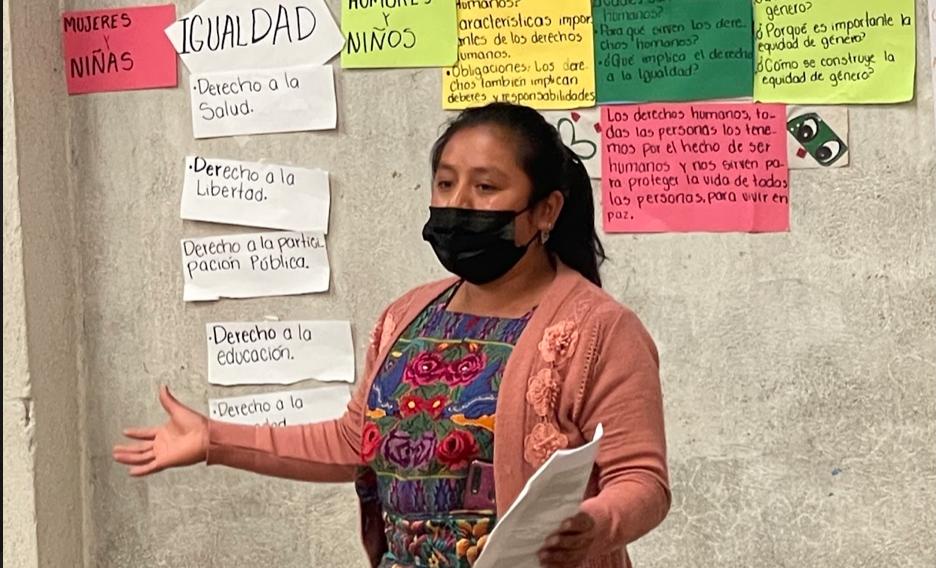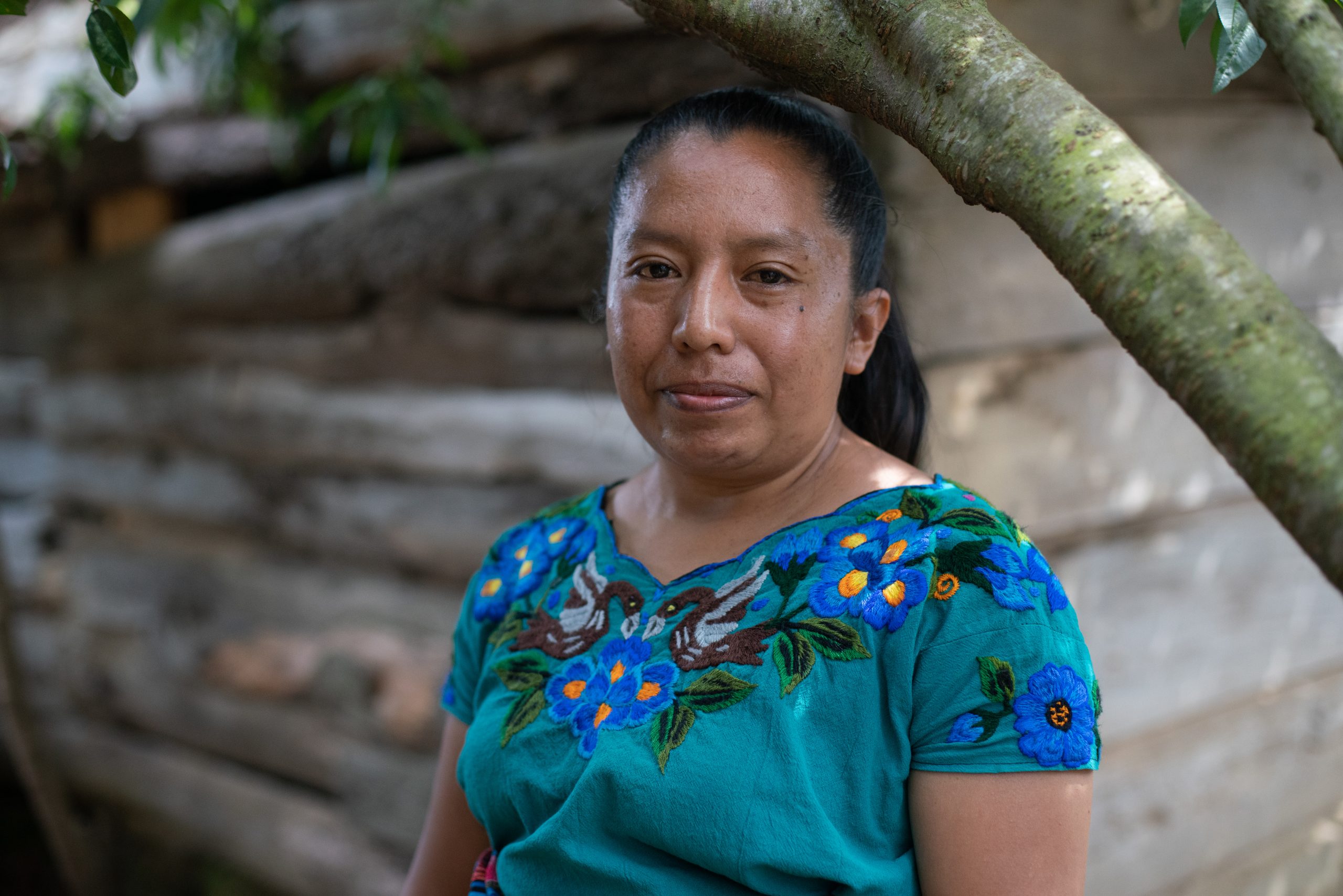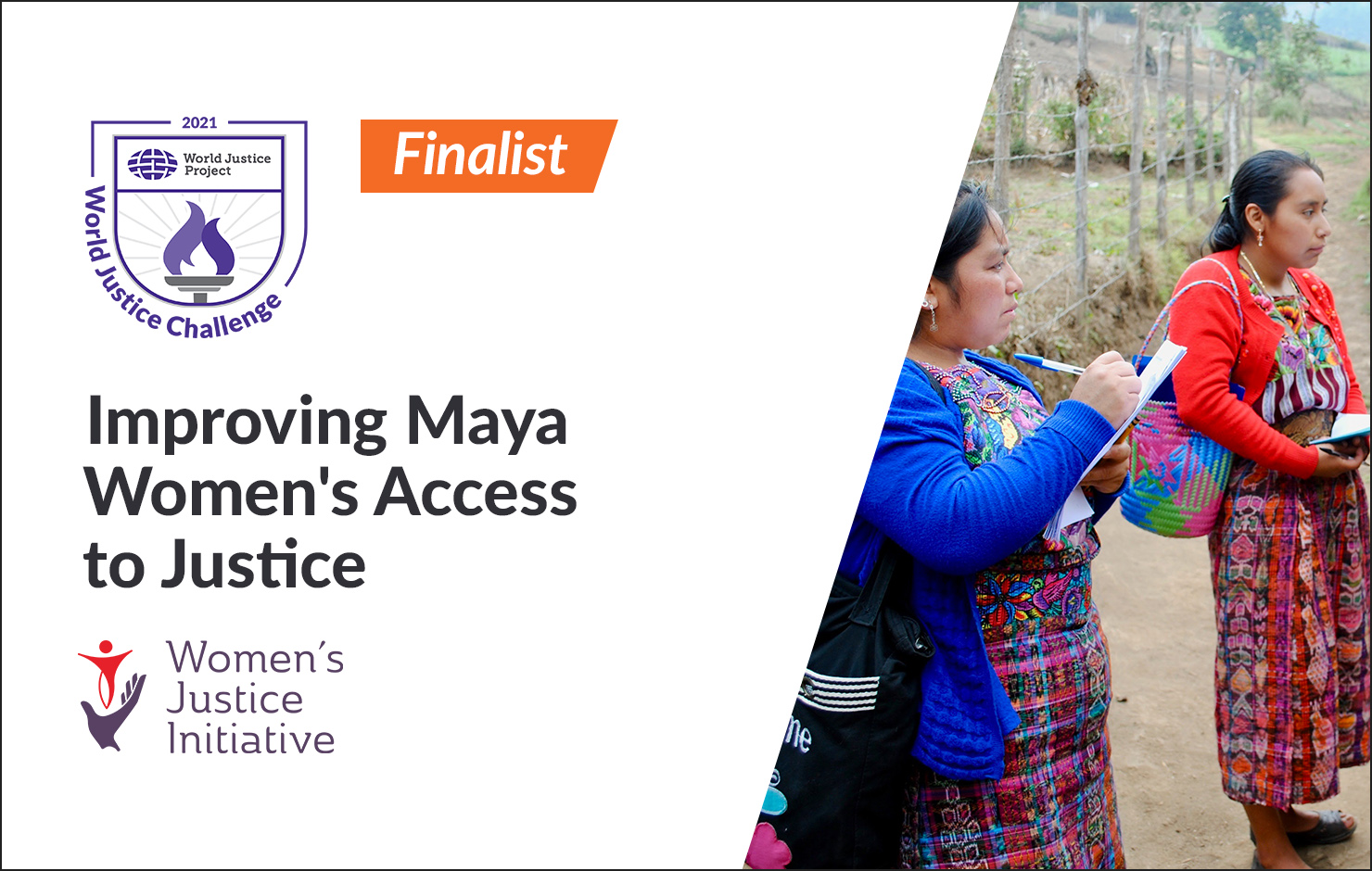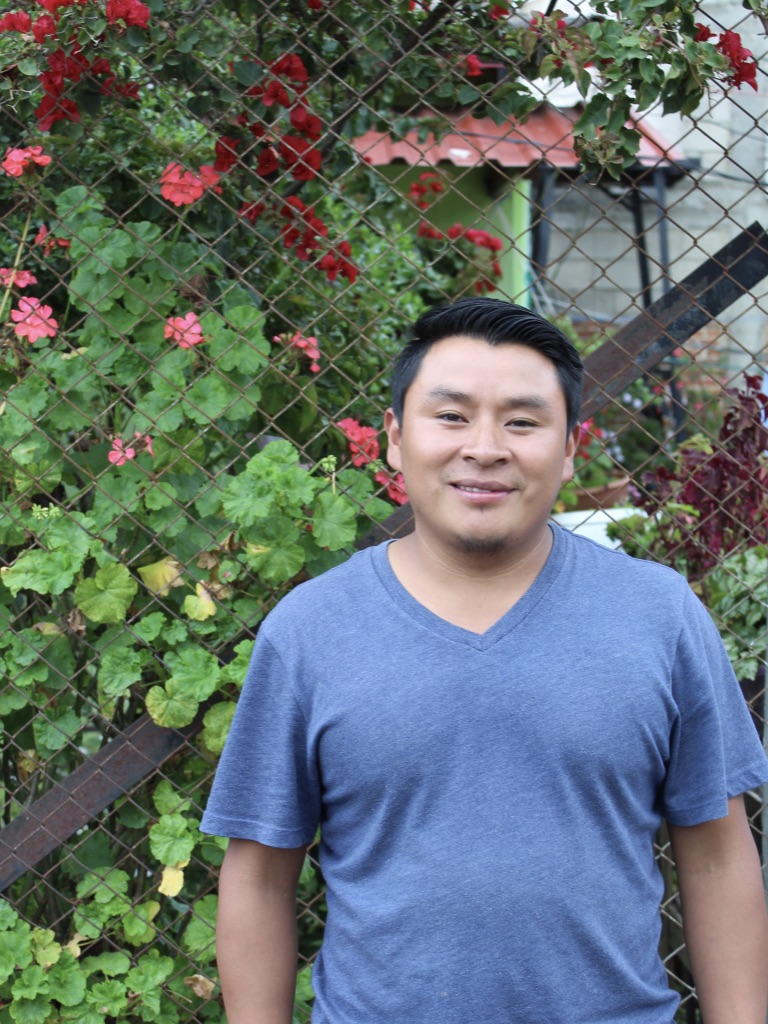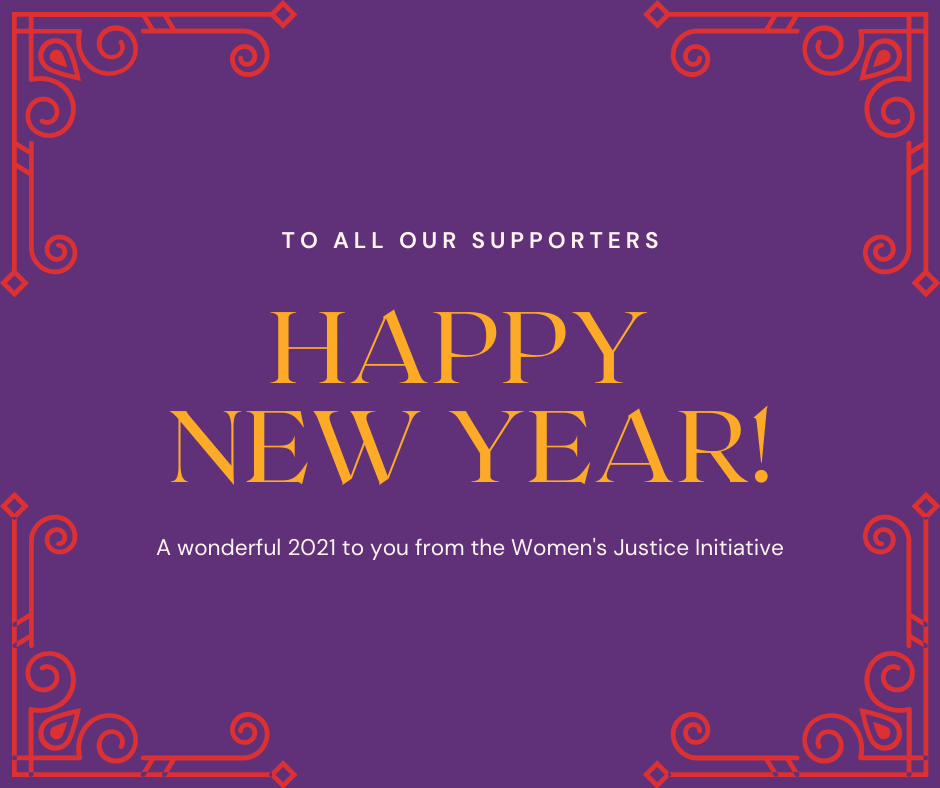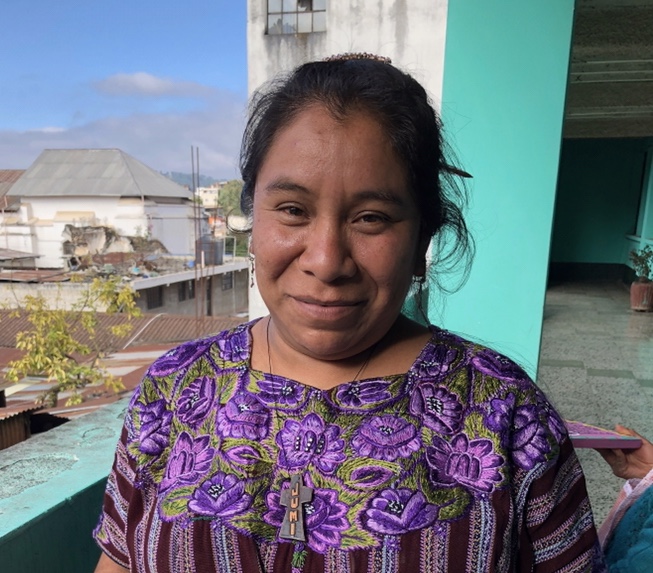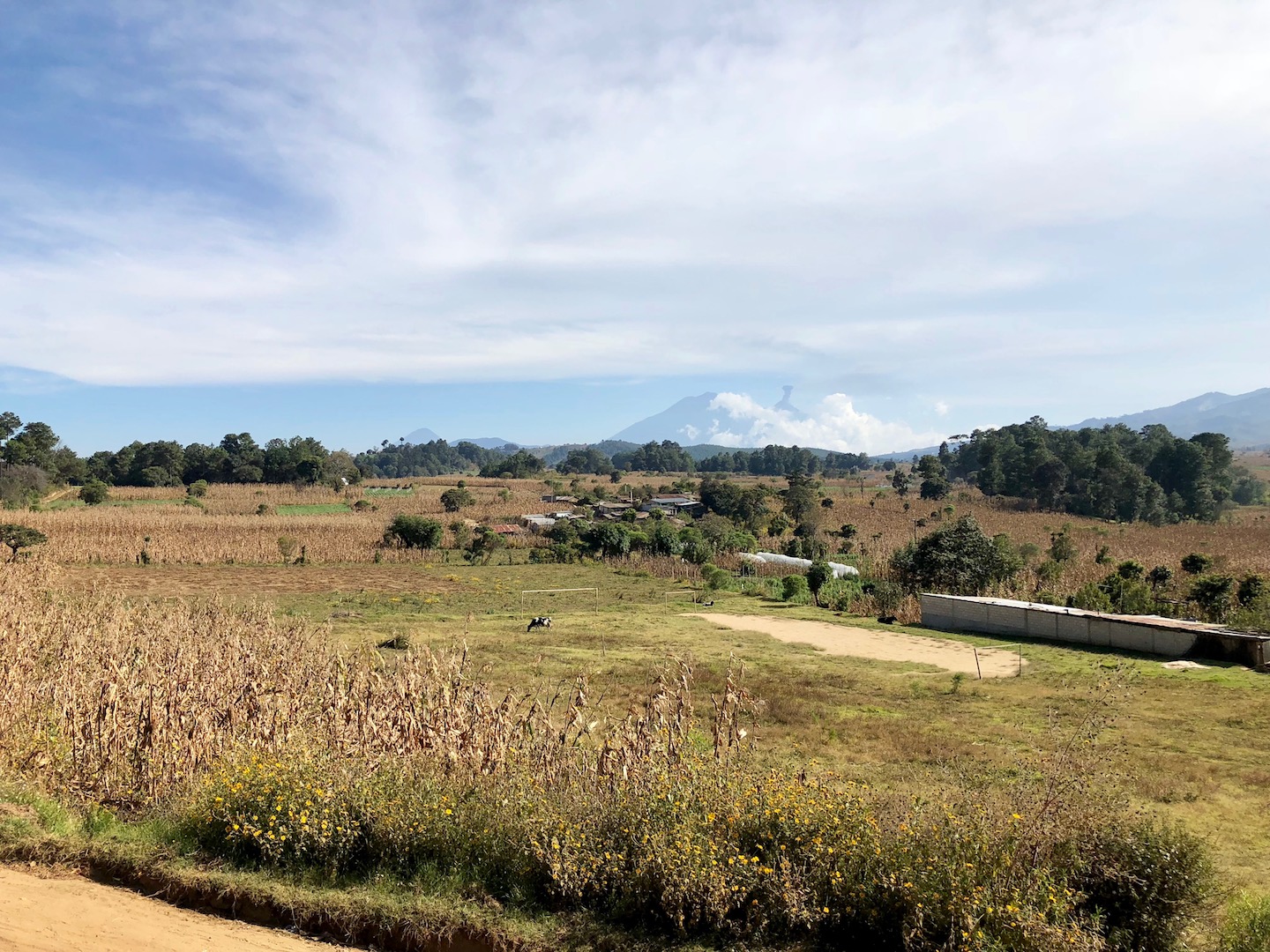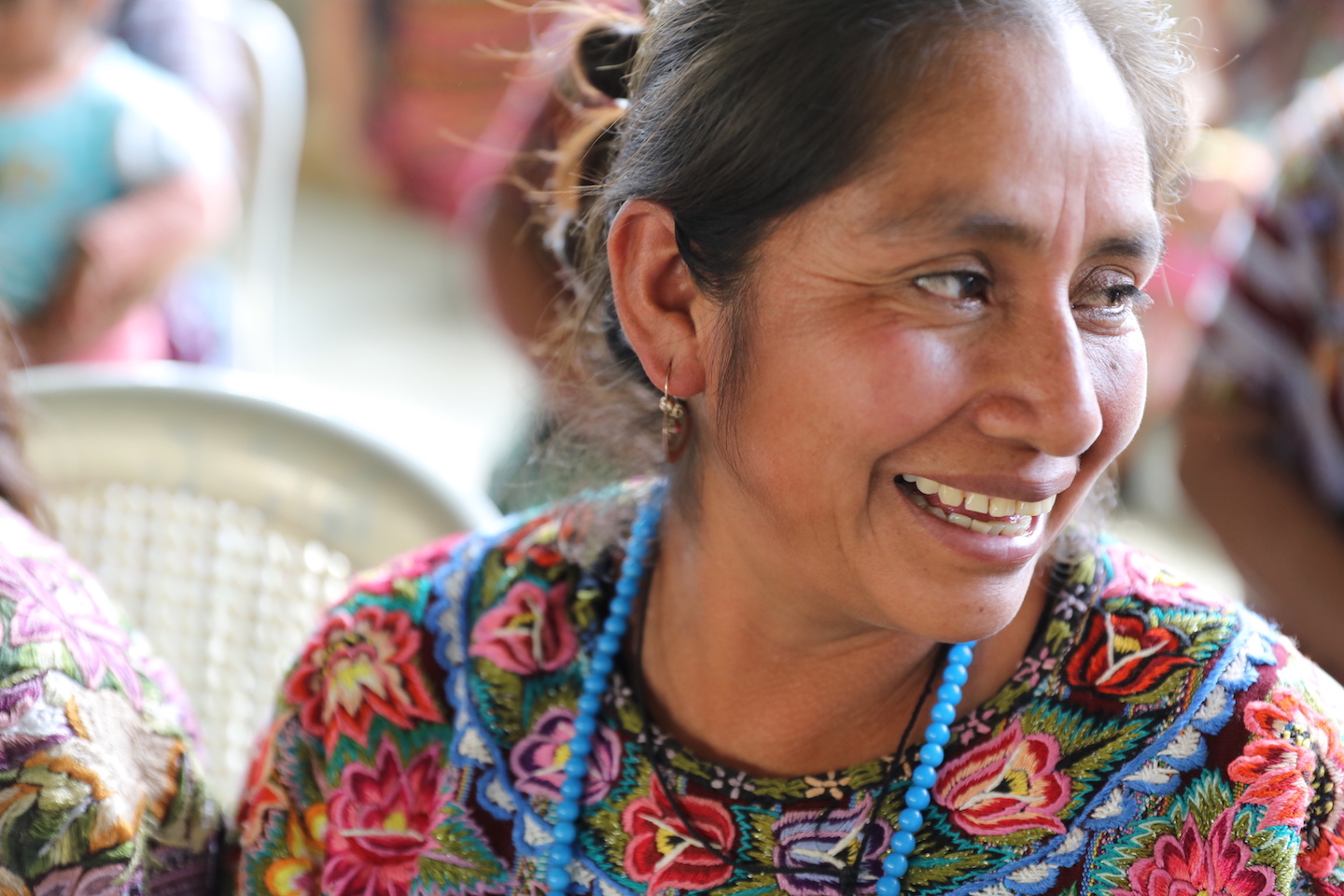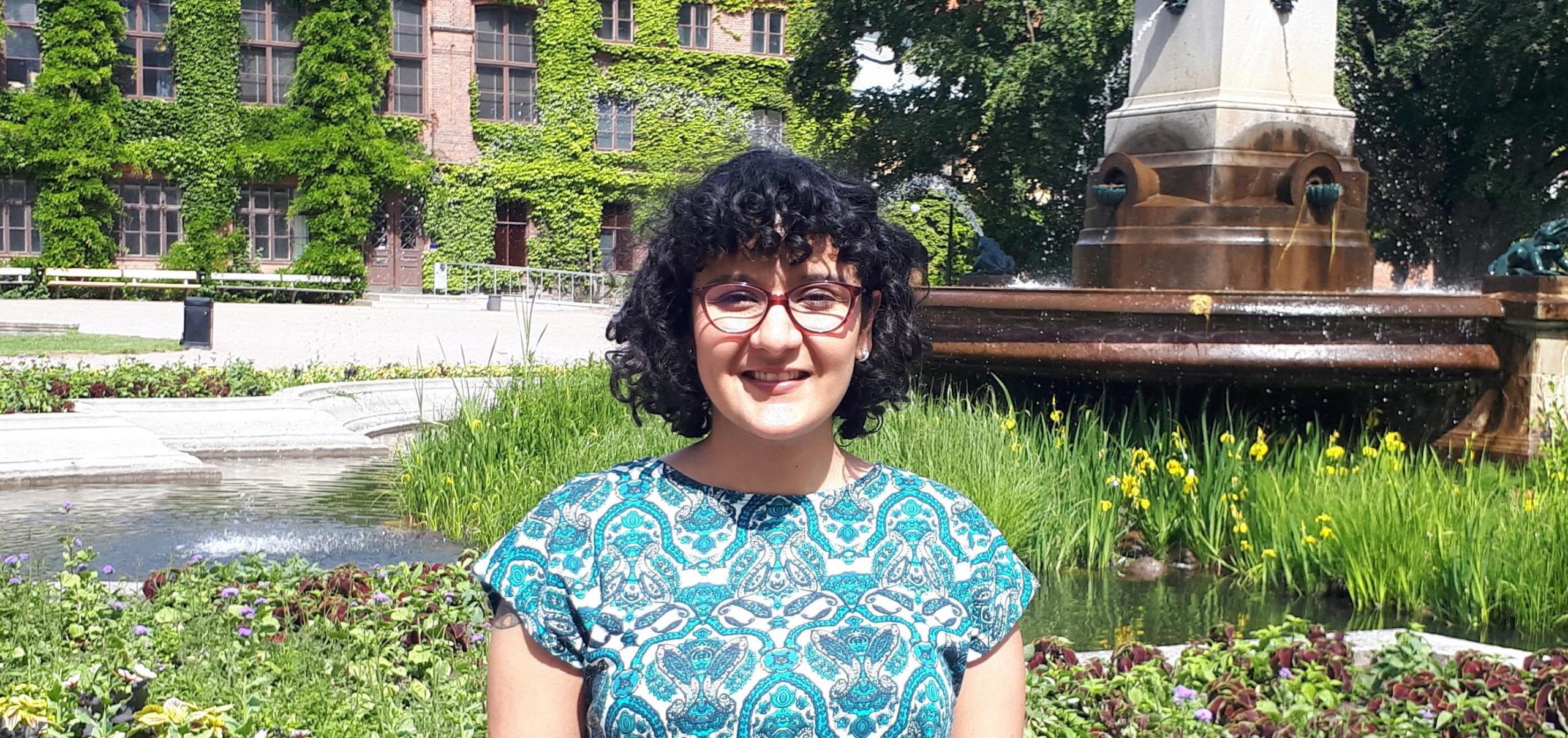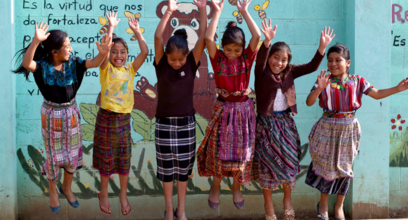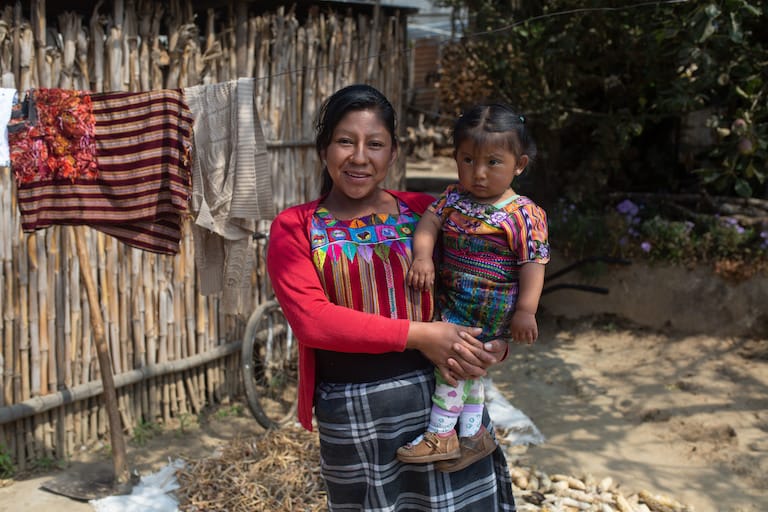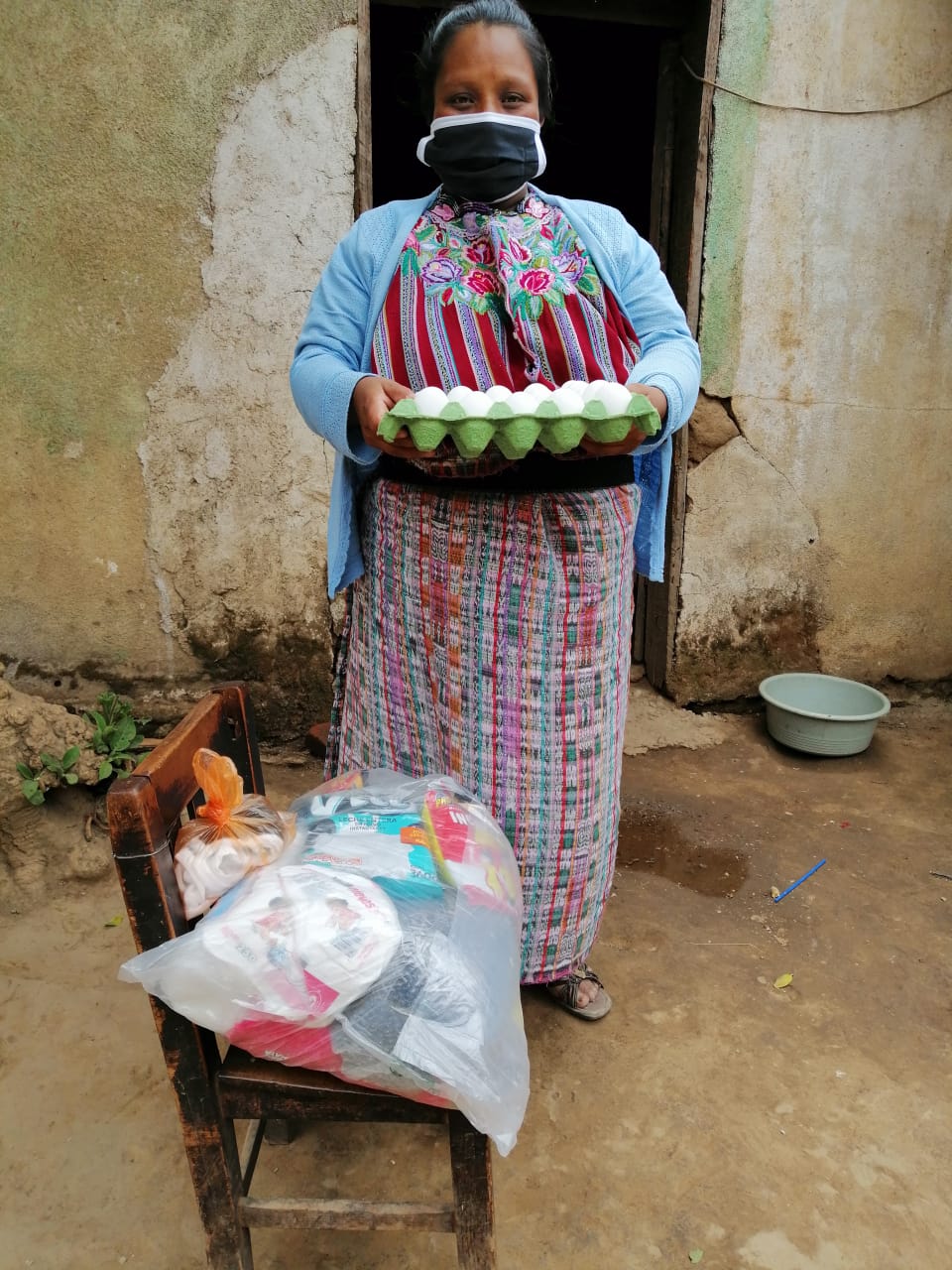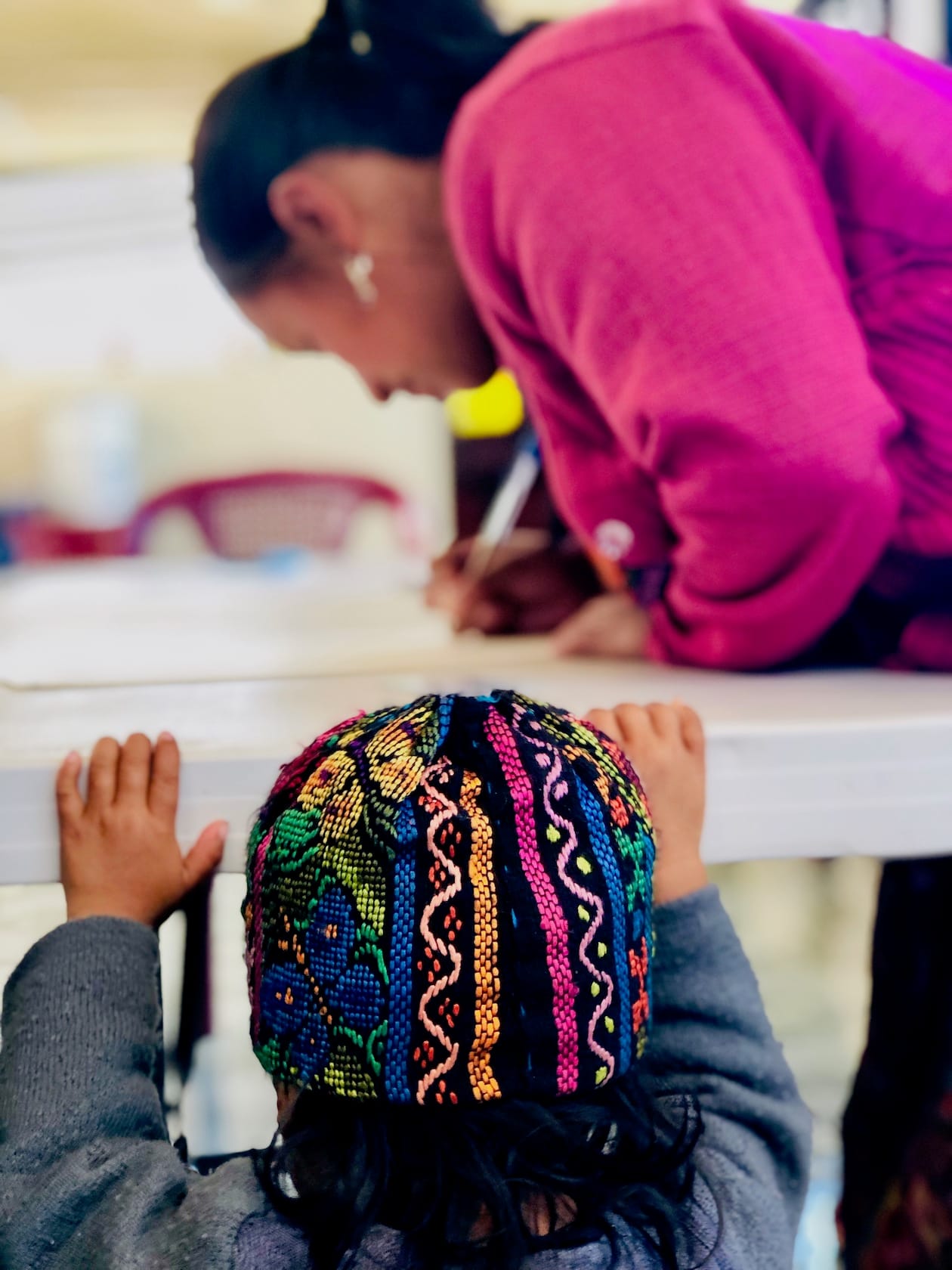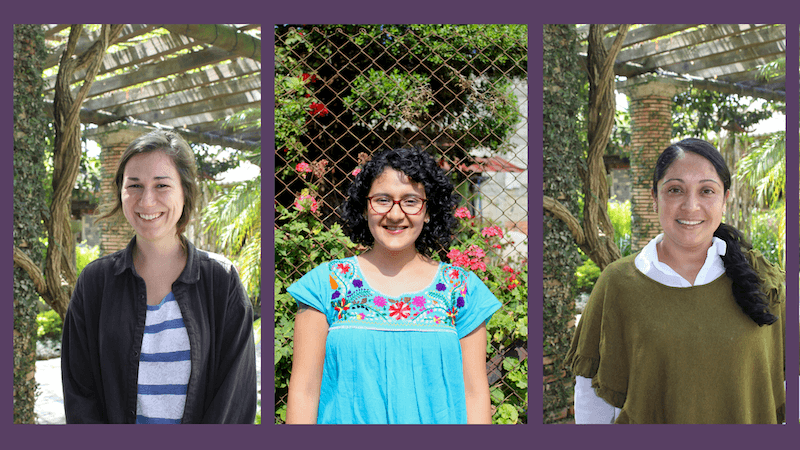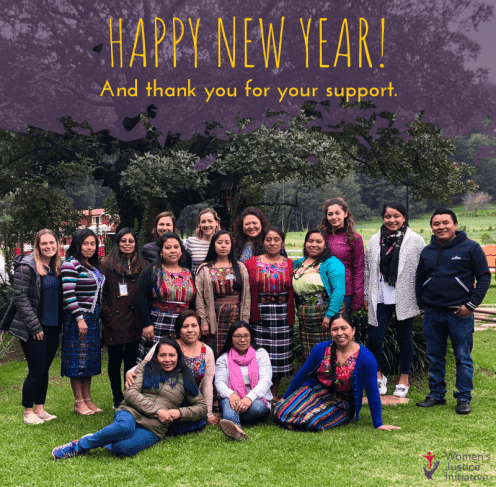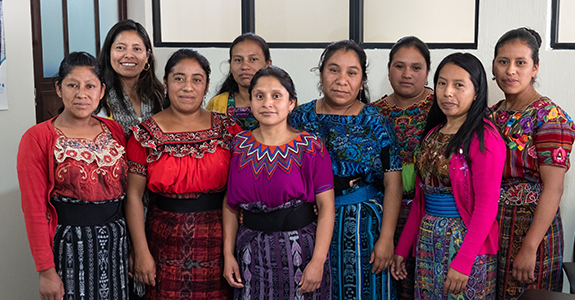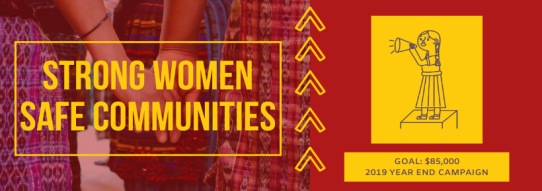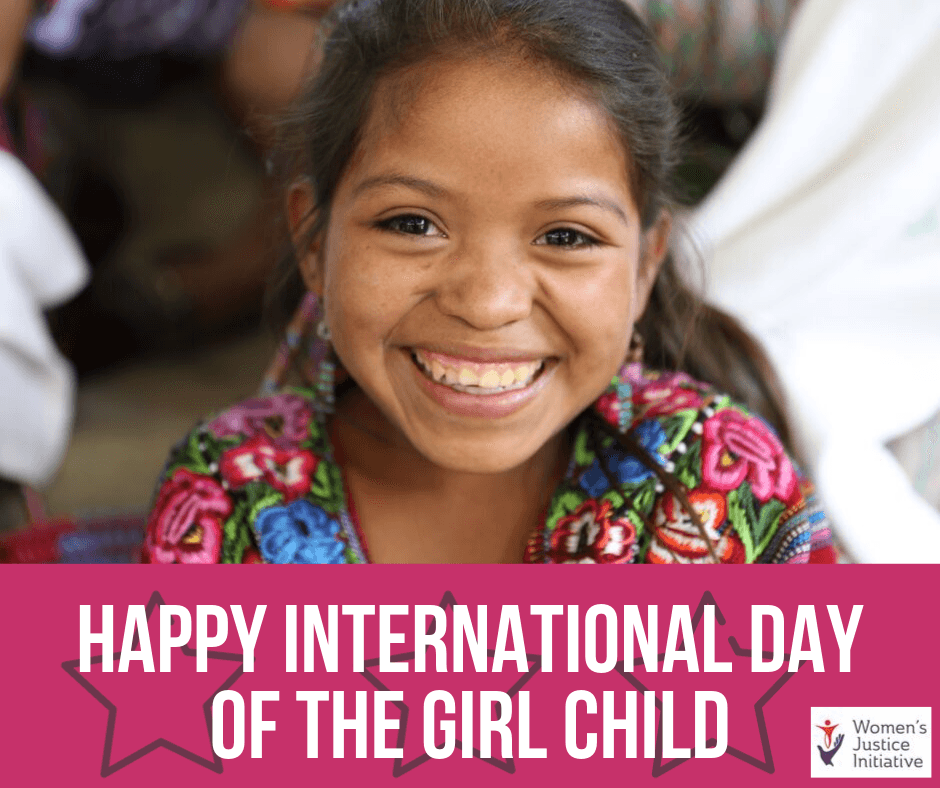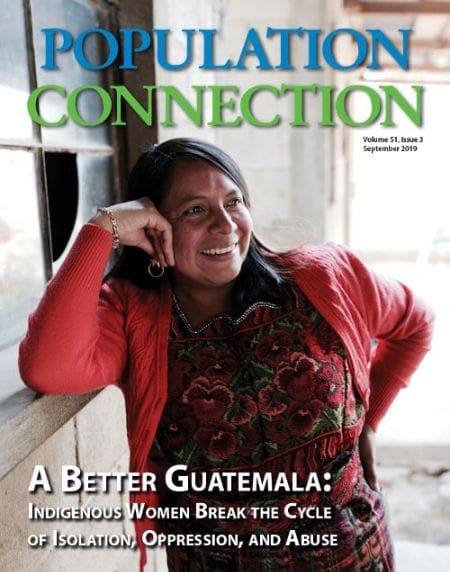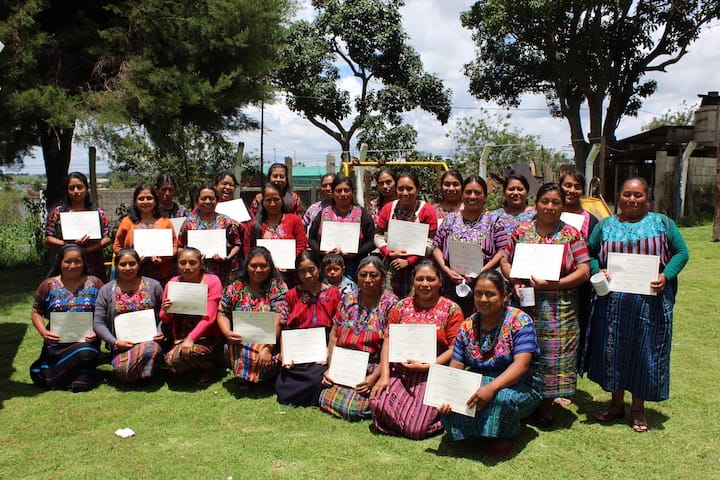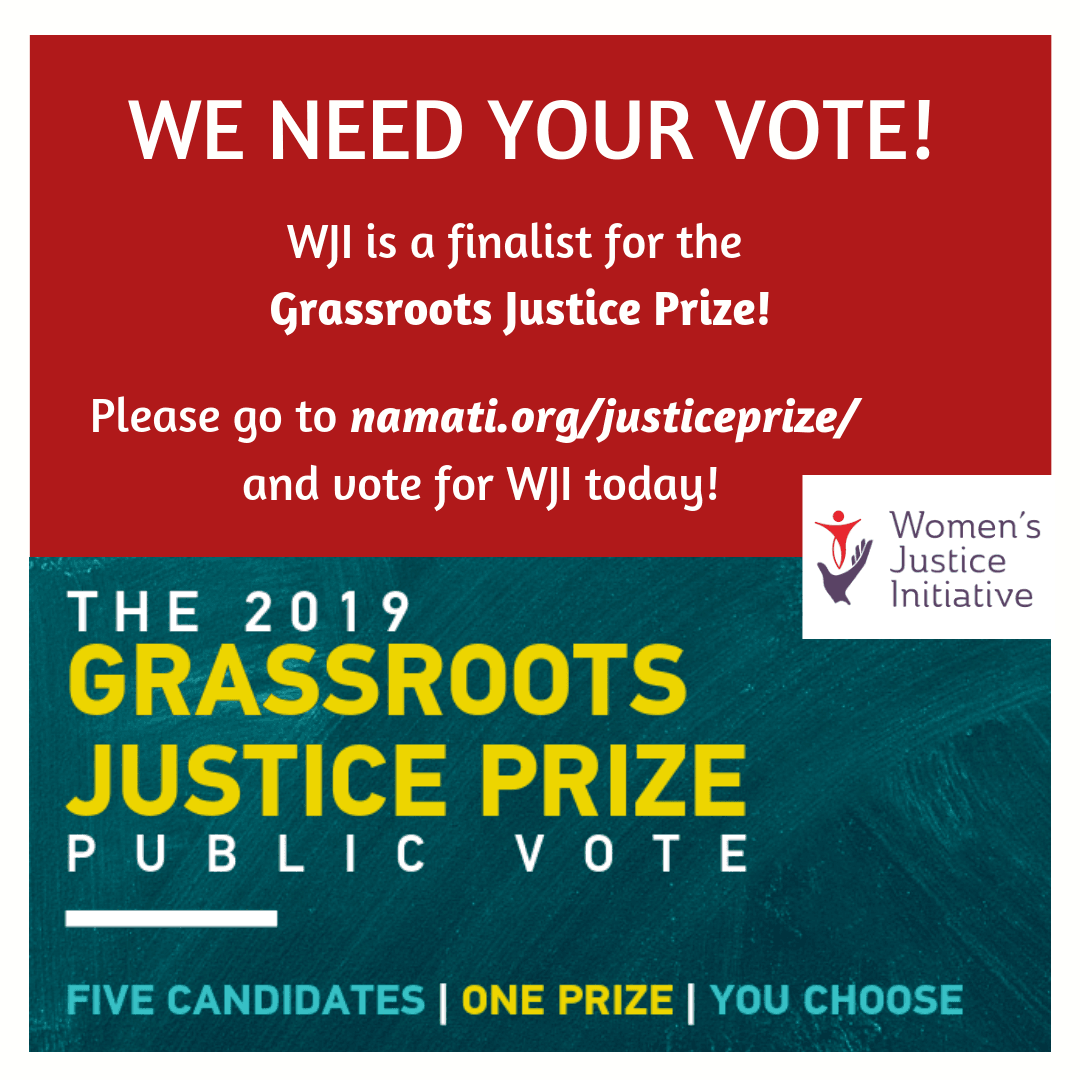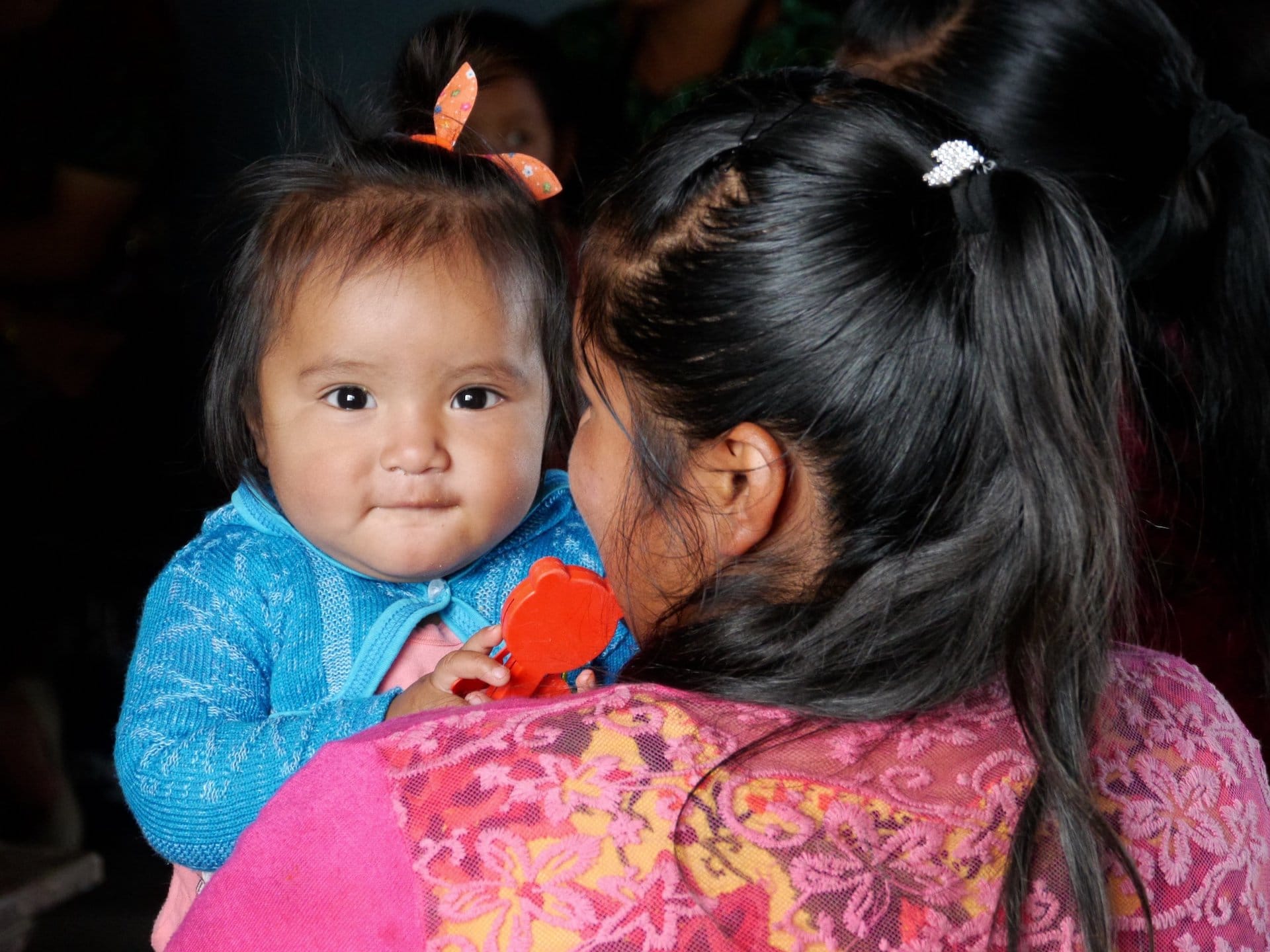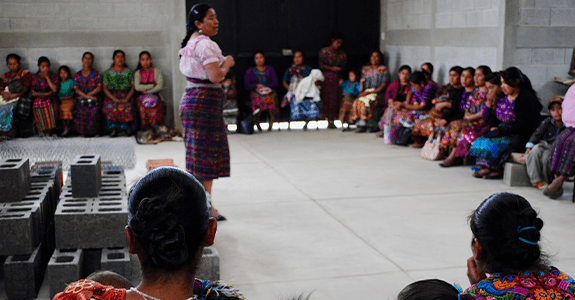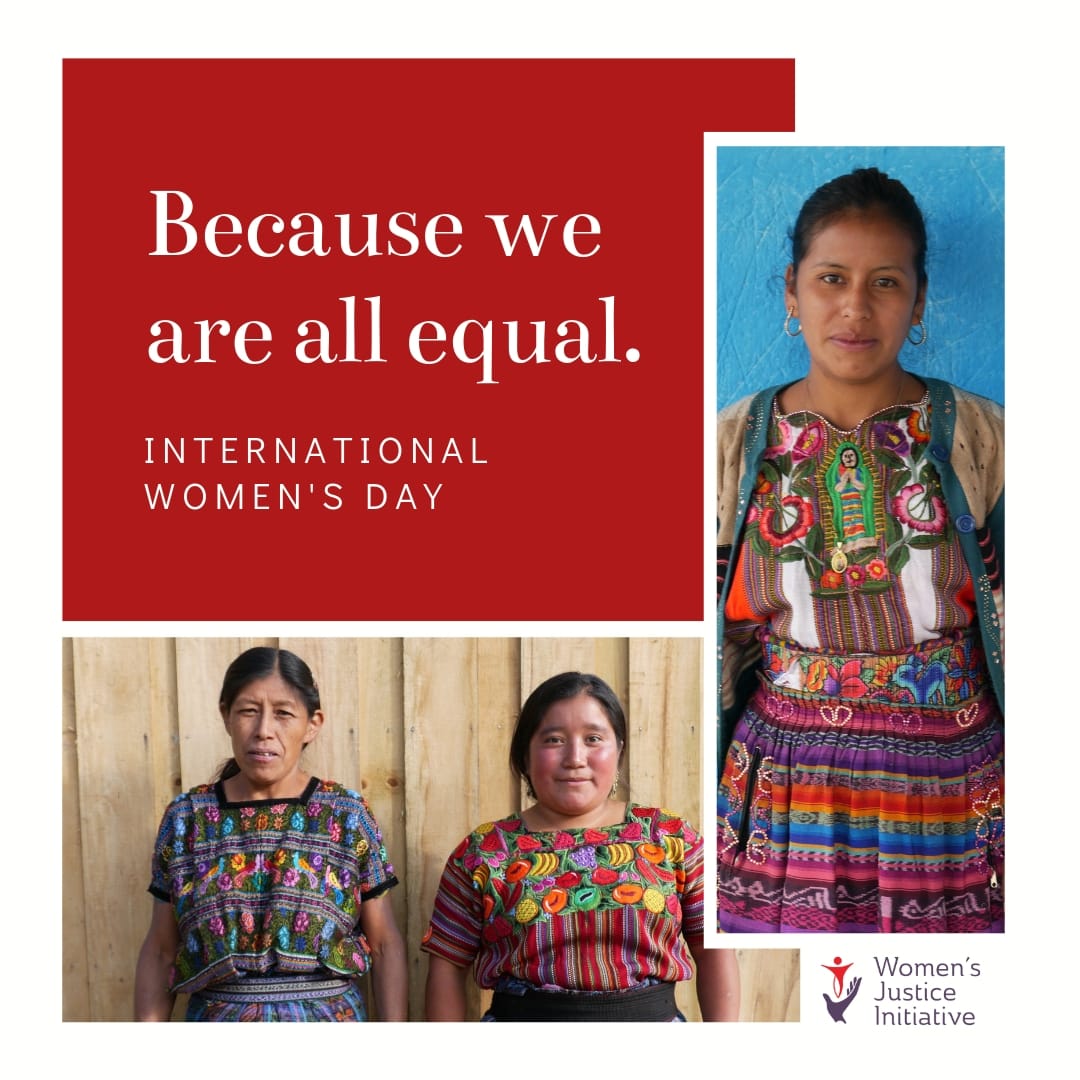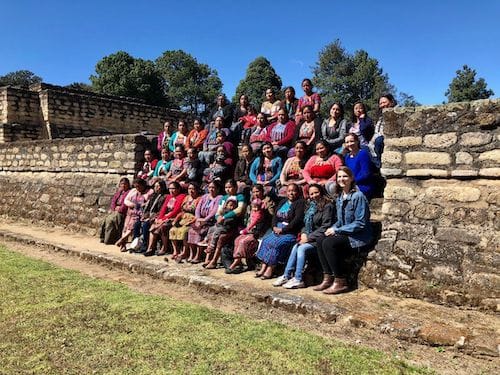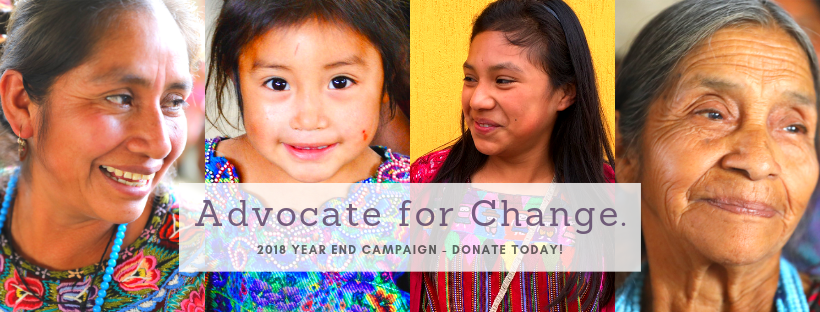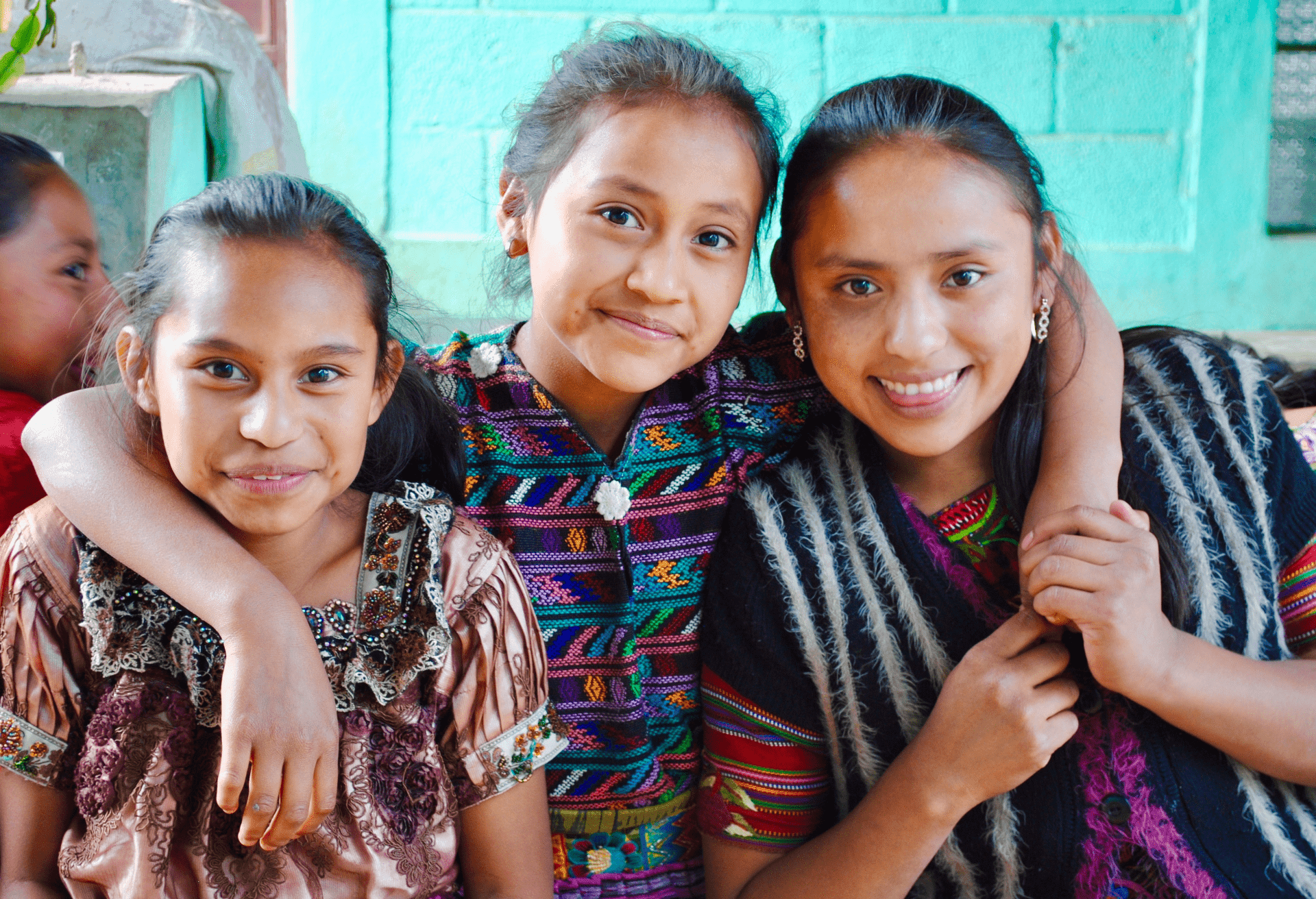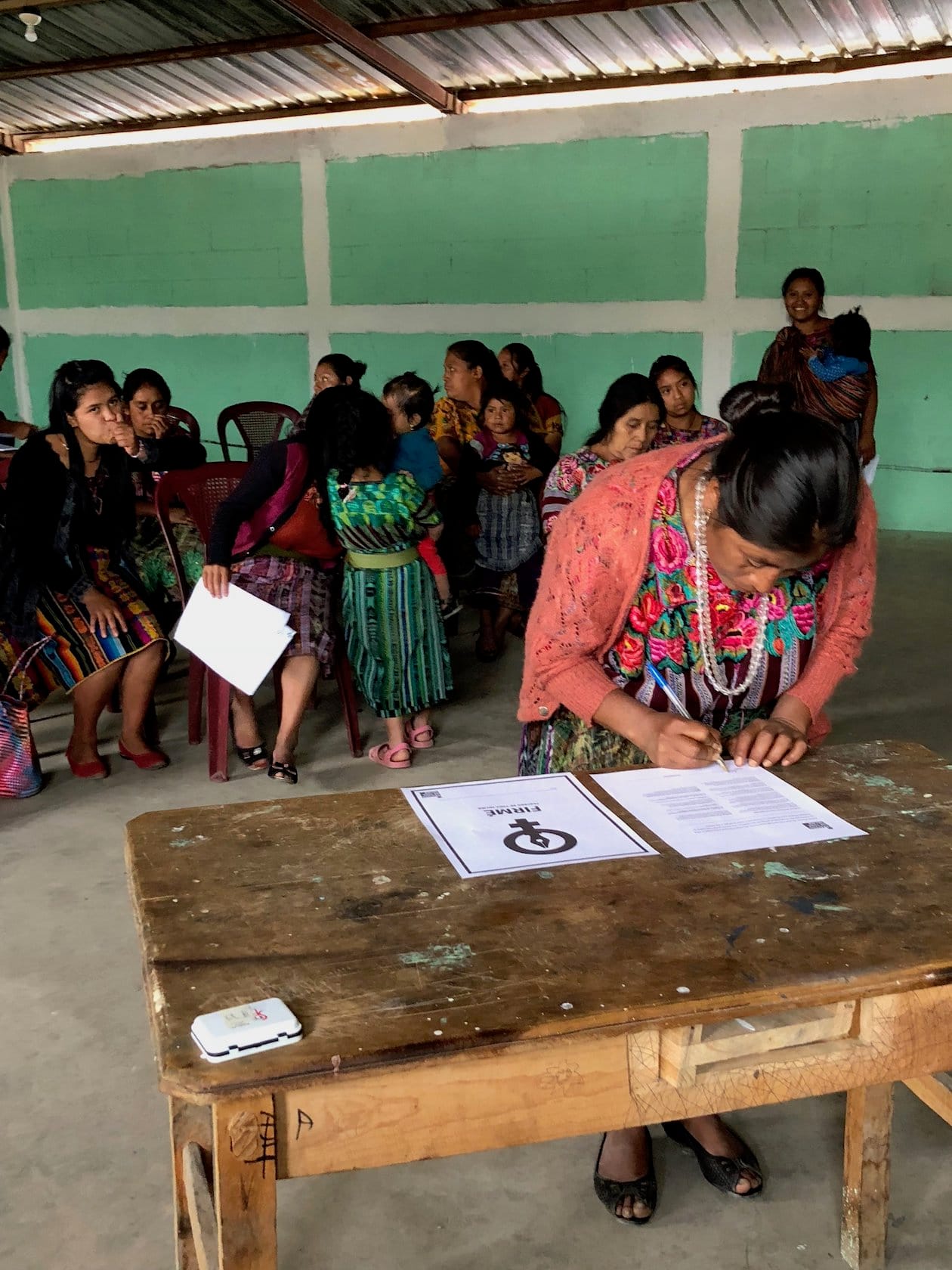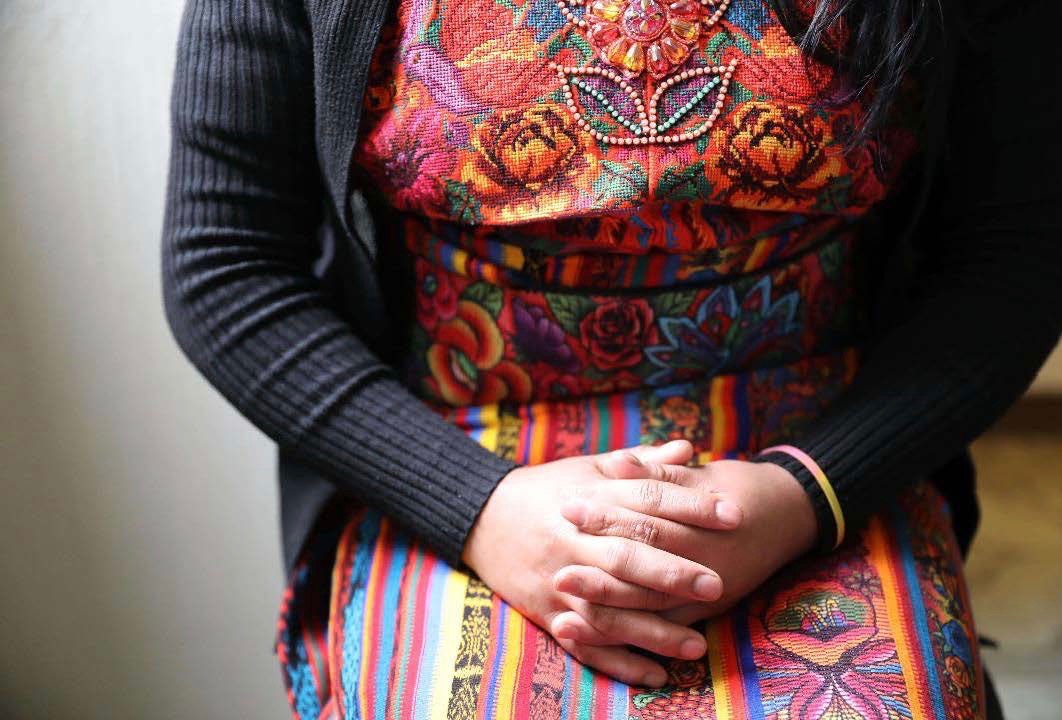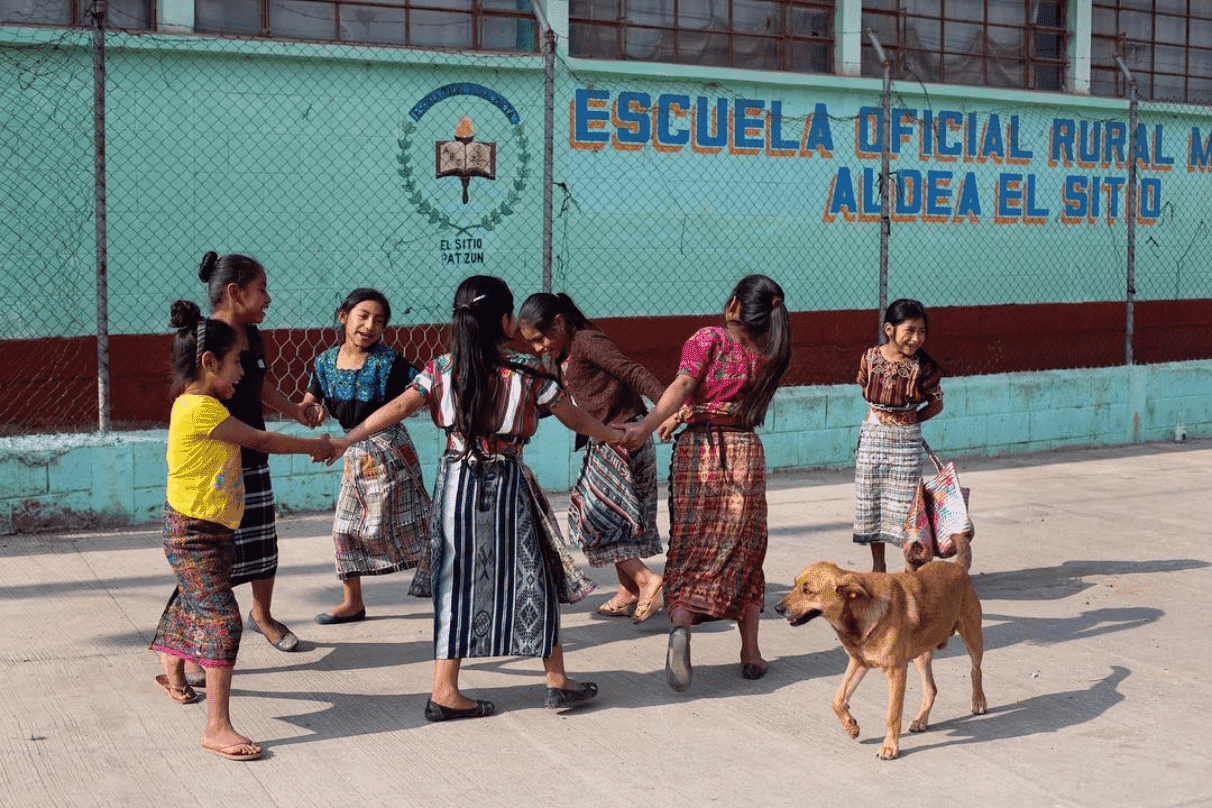The Women’s Justice Initiative (WJI), in collaboration with the United Nations Trust Fund to End Violence Against Women, aims to provide Kaqchikel women in San Martín Jilotepeque and San José Poaquil with greater access to justice through legal rights education, leadership training, and legal services. Vilma Coy, one of WJI’s five paralegals, recognizes that her own identity as an empowered Kaqchikel woman is a motivating factor in her work to bring justice to women in San José Poaquil.
As a member of the same ethnolinguistic community, Vilma is optimistic that bringing legal services to Kaqchikel women in San José Poaquil will help them confront widespread linguistic and social barriers to formally reporting violence
“For a woman who speaks Spanish, it is hard to file a report. It is even more complicated for women who cannot express themselves in Spanish. They think, ‘What if they make fun of me? What if they don’t understand me?’ And so, oftentimes that means they do not report at all.”
Widely-held beliefs about male dominance and a long-instilled fear of reprisal for reporting crimes are some of the social barriers that deter women from seeking recourse after experiencing gender-based violence or discrimination. Vilma adds, “It’s considered normal for women to be submissive to men, a belief heavily prevalent in the communities in which we work.”
WJI’s Legal Literacy Course, held in rural communities and taught in Kaqchikel, aims to change attitudes about gender inequality and gender-based violence, presenting rural women with an alternative perspective to the traditionally accepted social norms in their communities.
Thus far, reluctance to report has been a primary challenge to helping women access justice in San José Poaquil, despite the known prevalence of gender-based violence in the area. Vilma sees slow but steady progress, especially through the monthly visits she makes to WJI’s Legal Literacy workshops. Despite her initial worry that she would not make progress to build trust with the women, she saw a change in the participants' view toward her.
“The community visits really do make a difference with respect to women’s willingness to file reports. Sometimes, in visiting rural communities, I thought I was investing a lot of time without seeing it bear fruit. But the simple fact of being in the community, that they know we are there for them, is essential to our success. Now, we see that the women trust us.”
